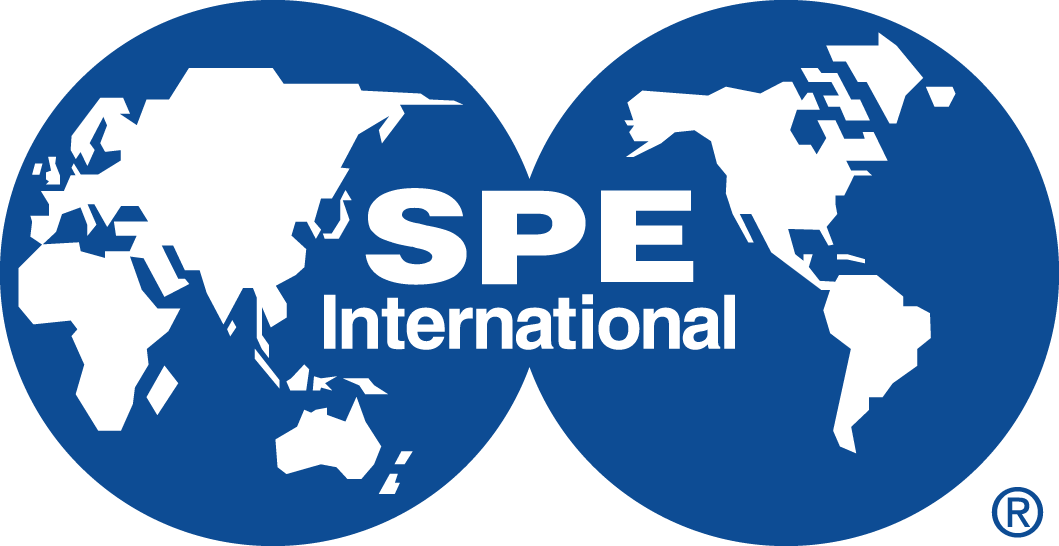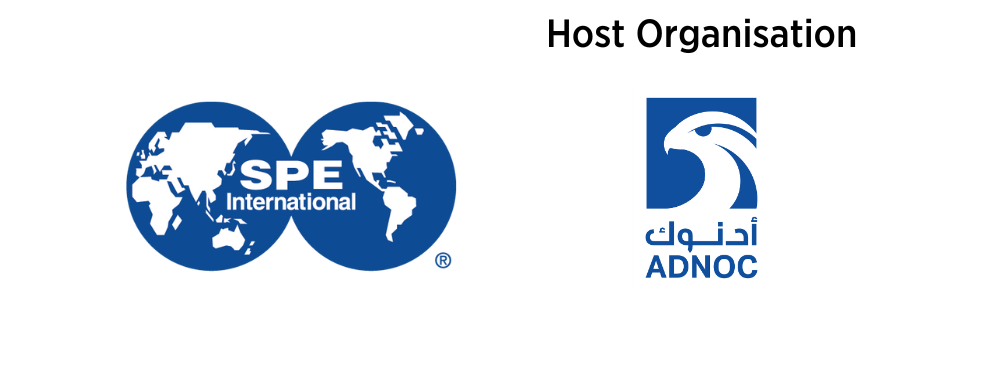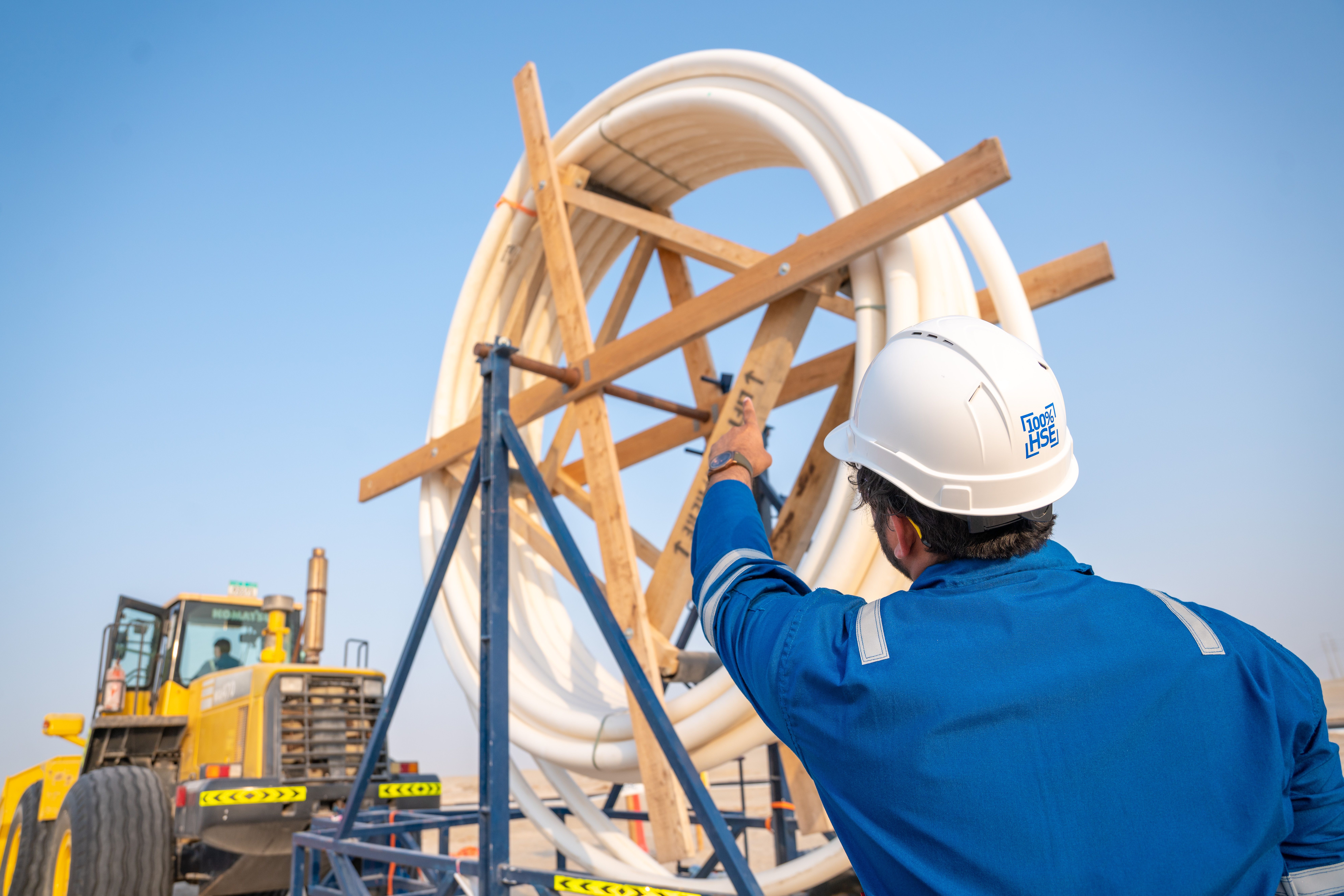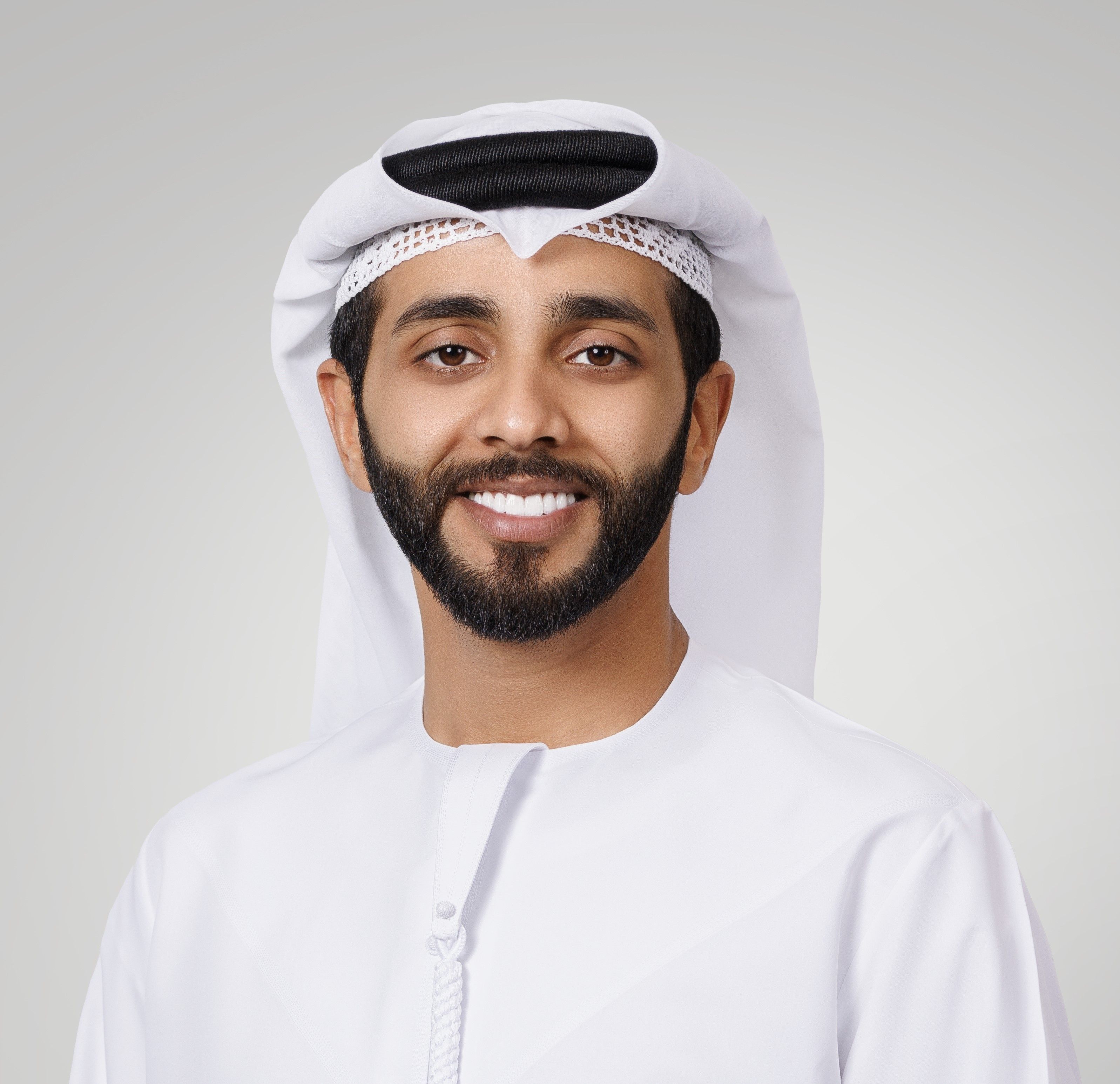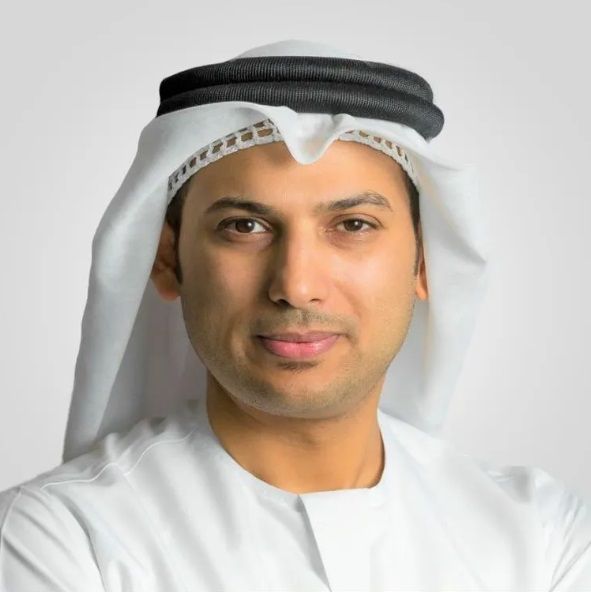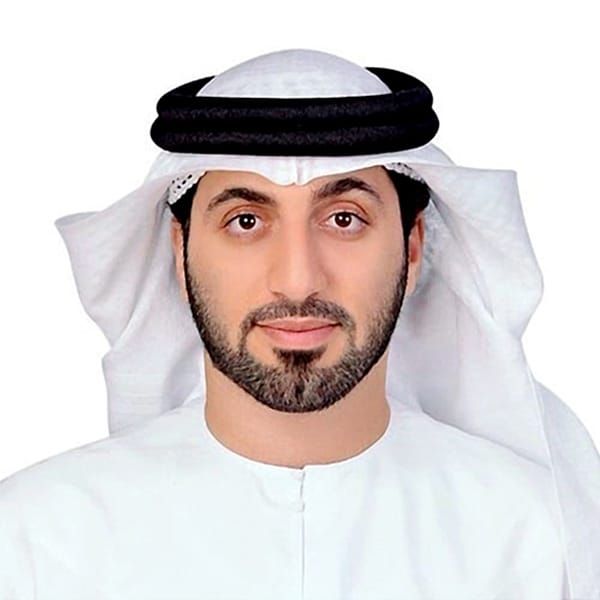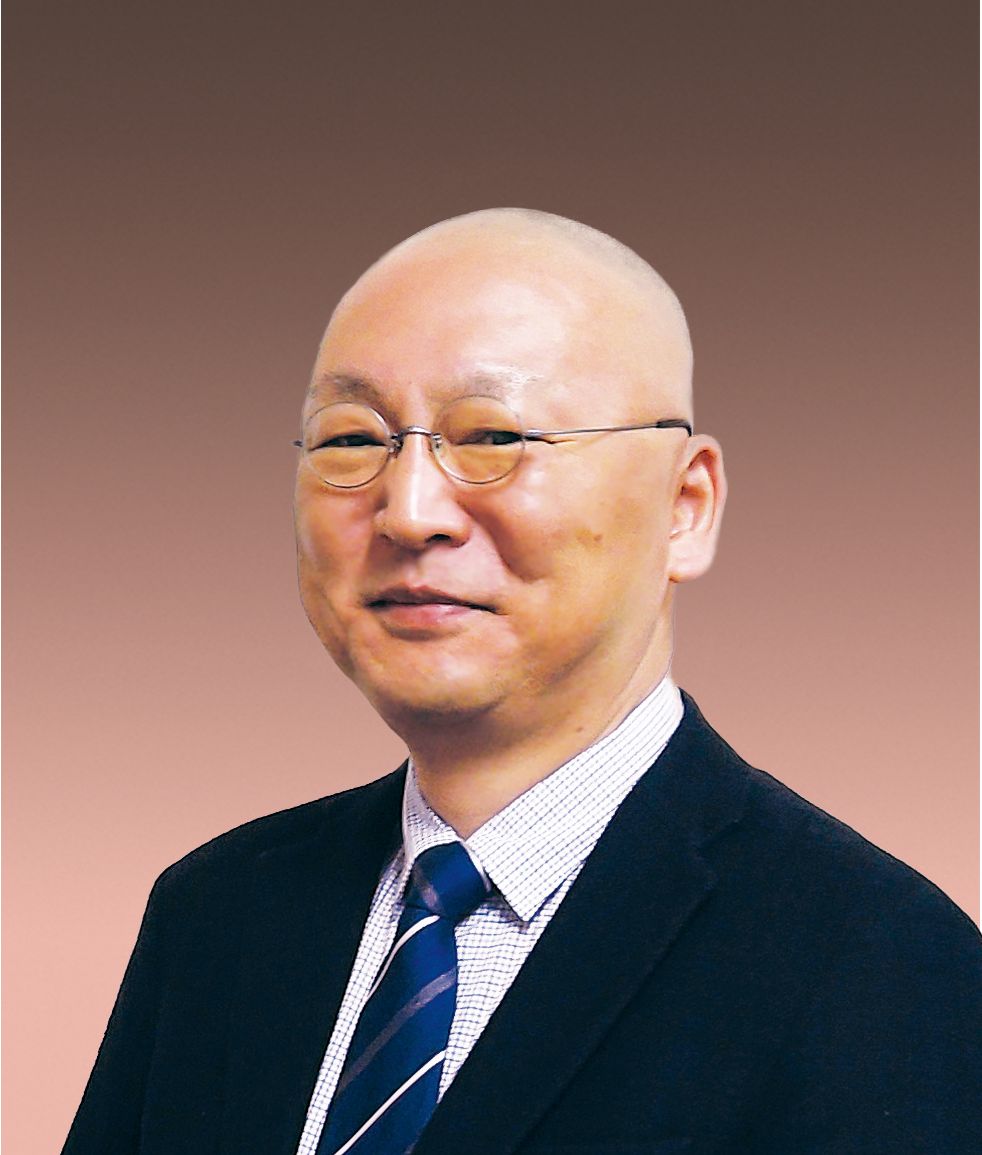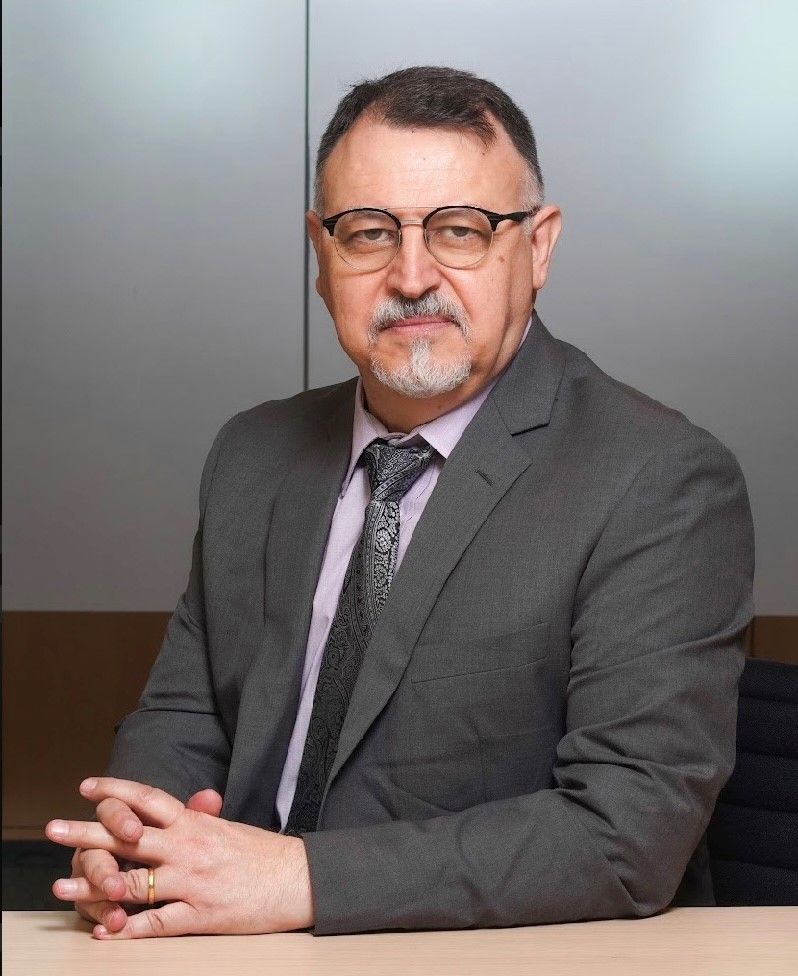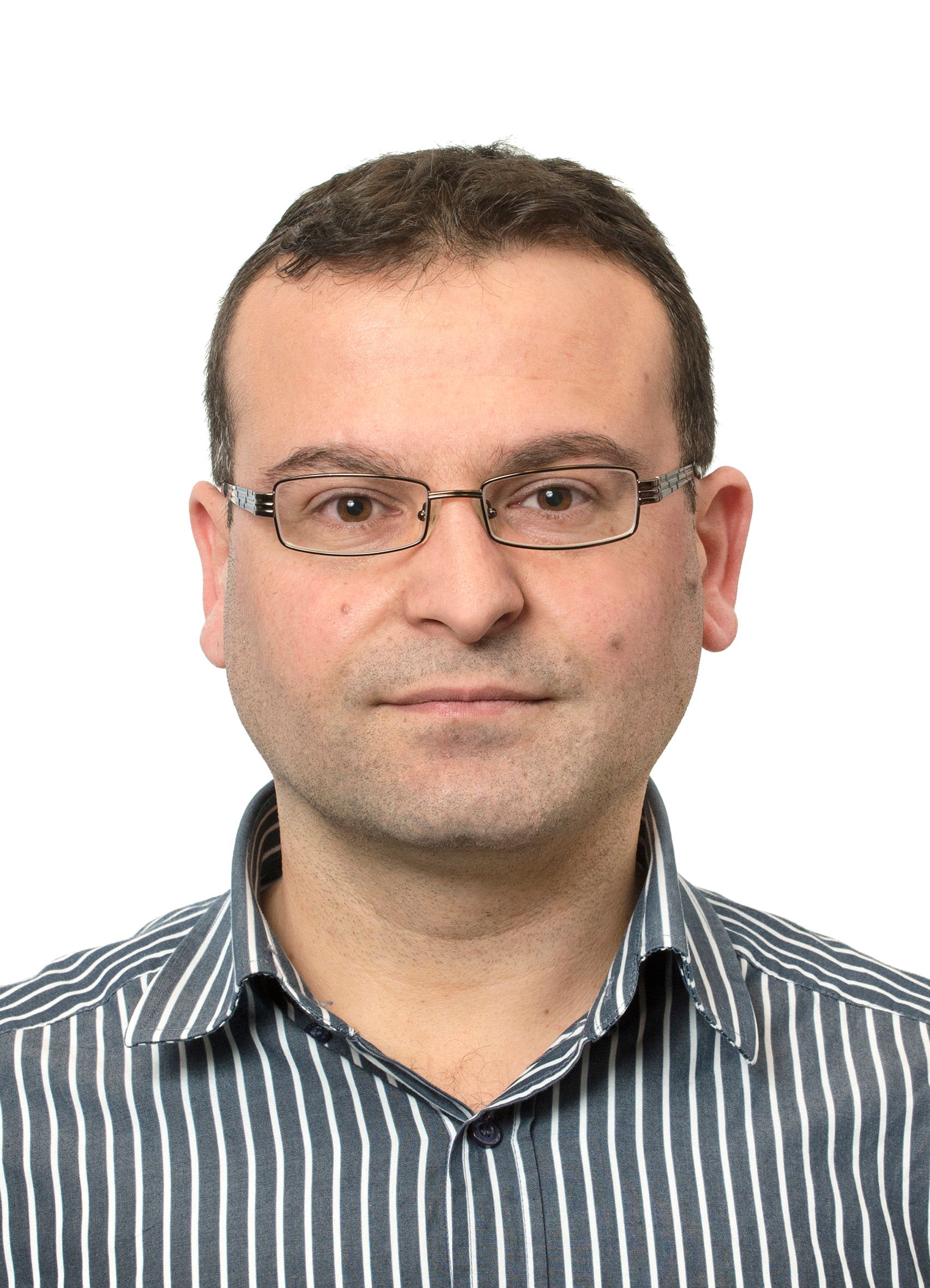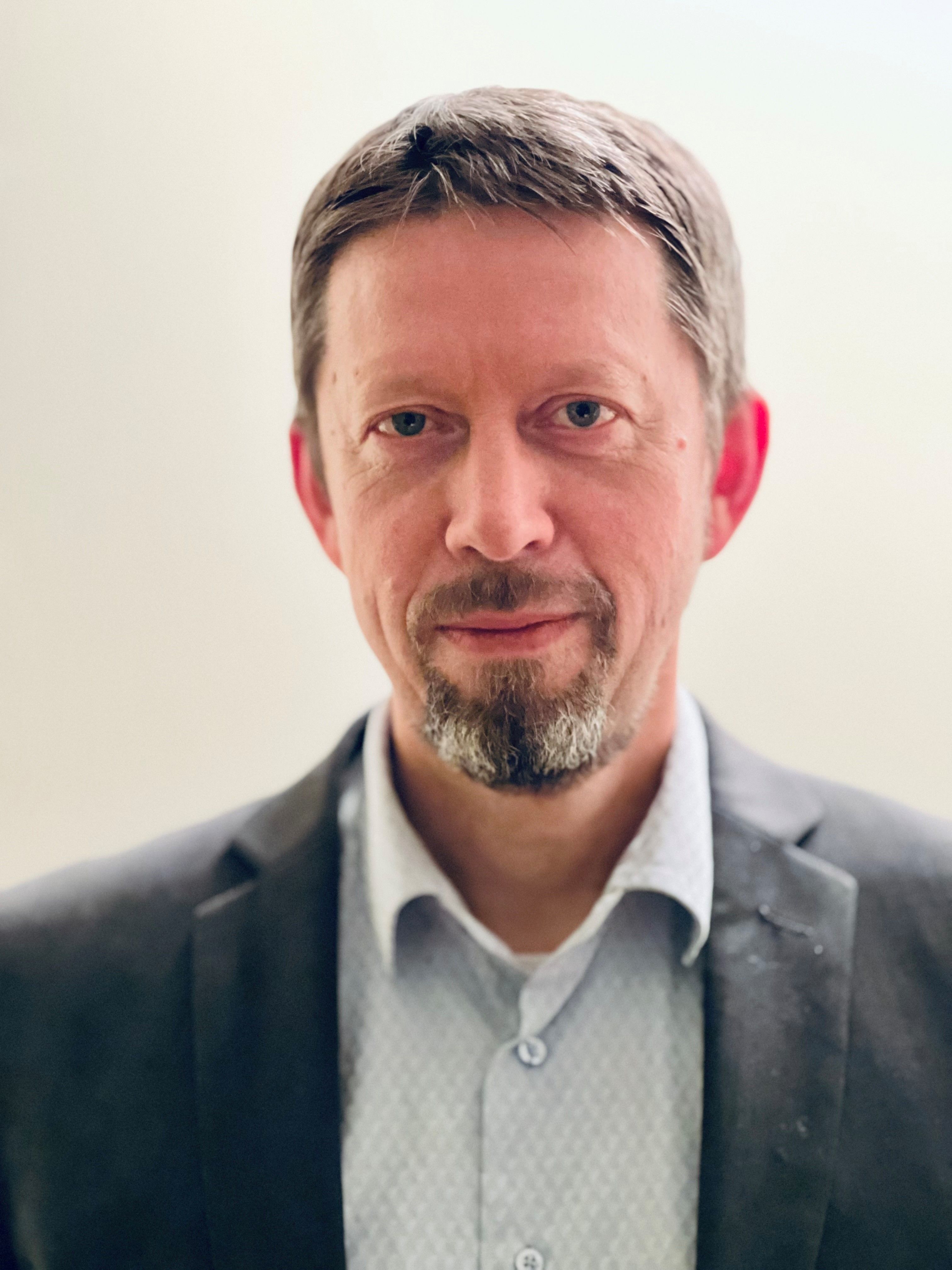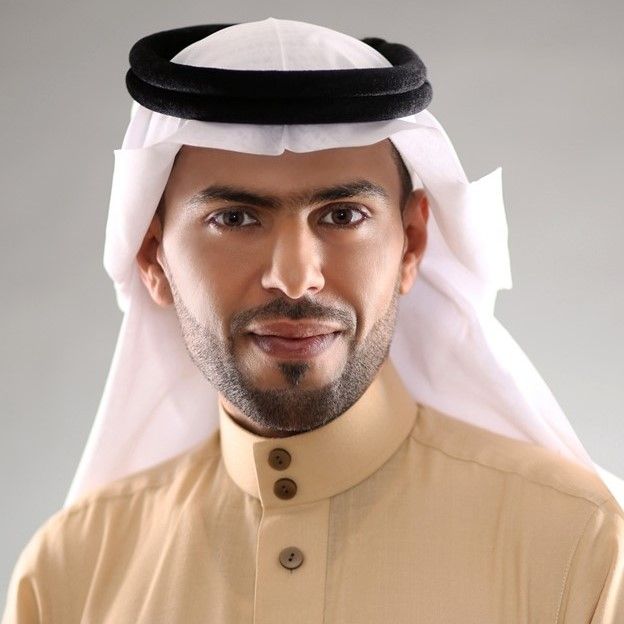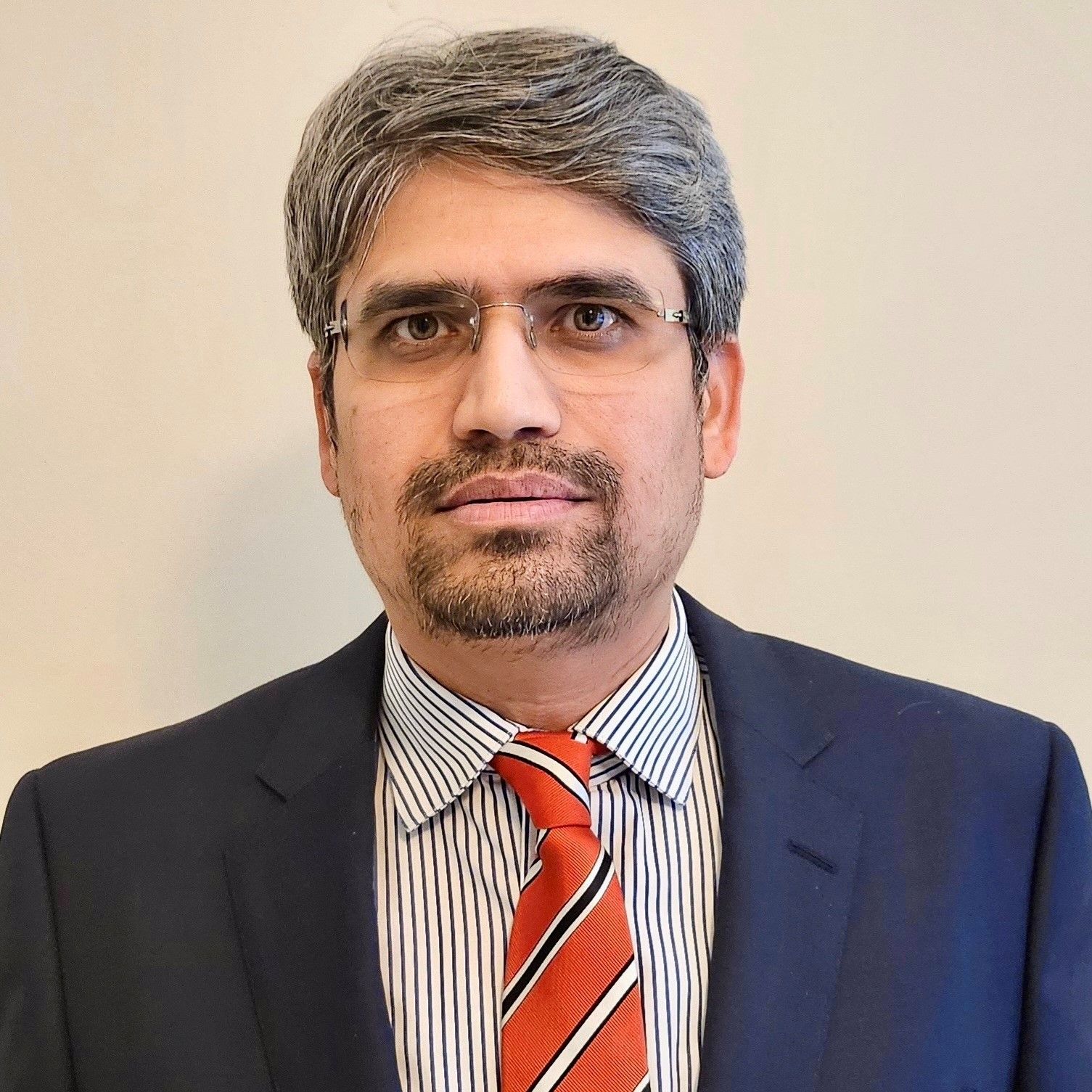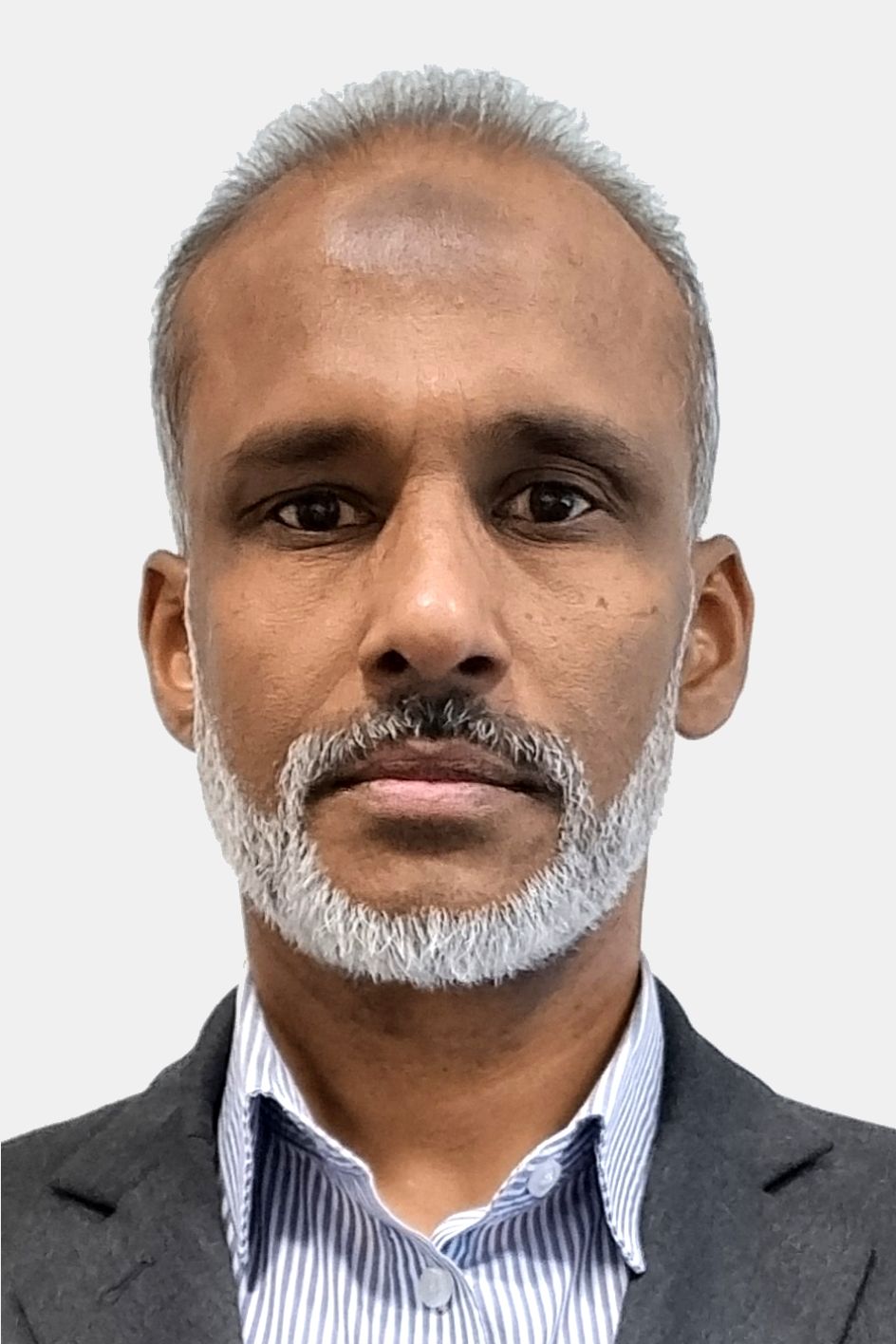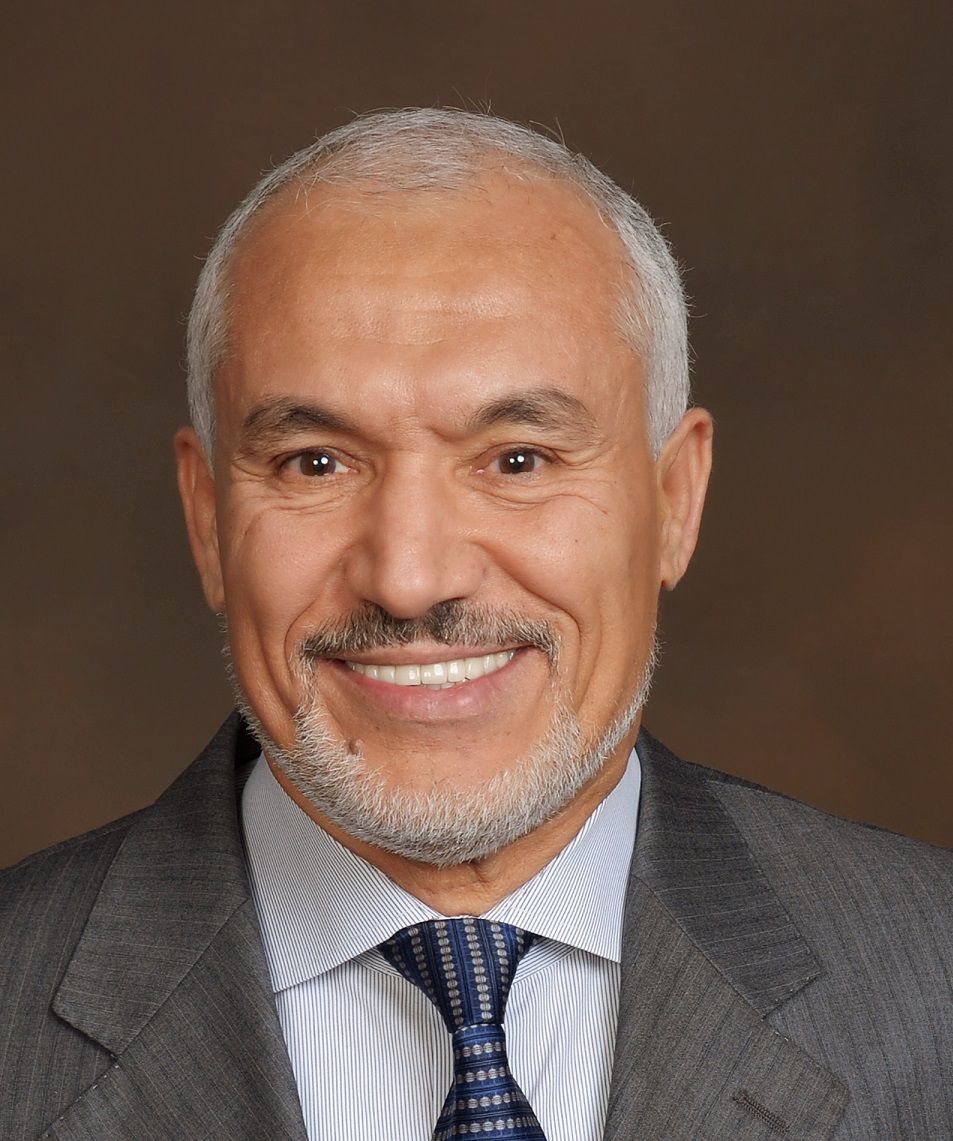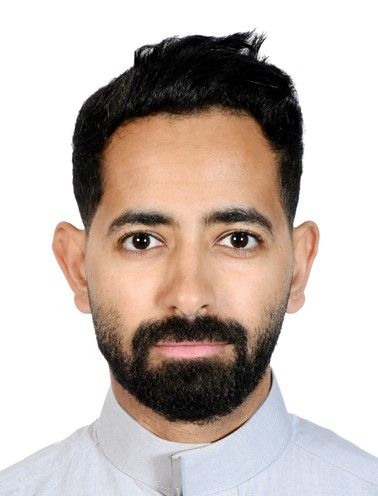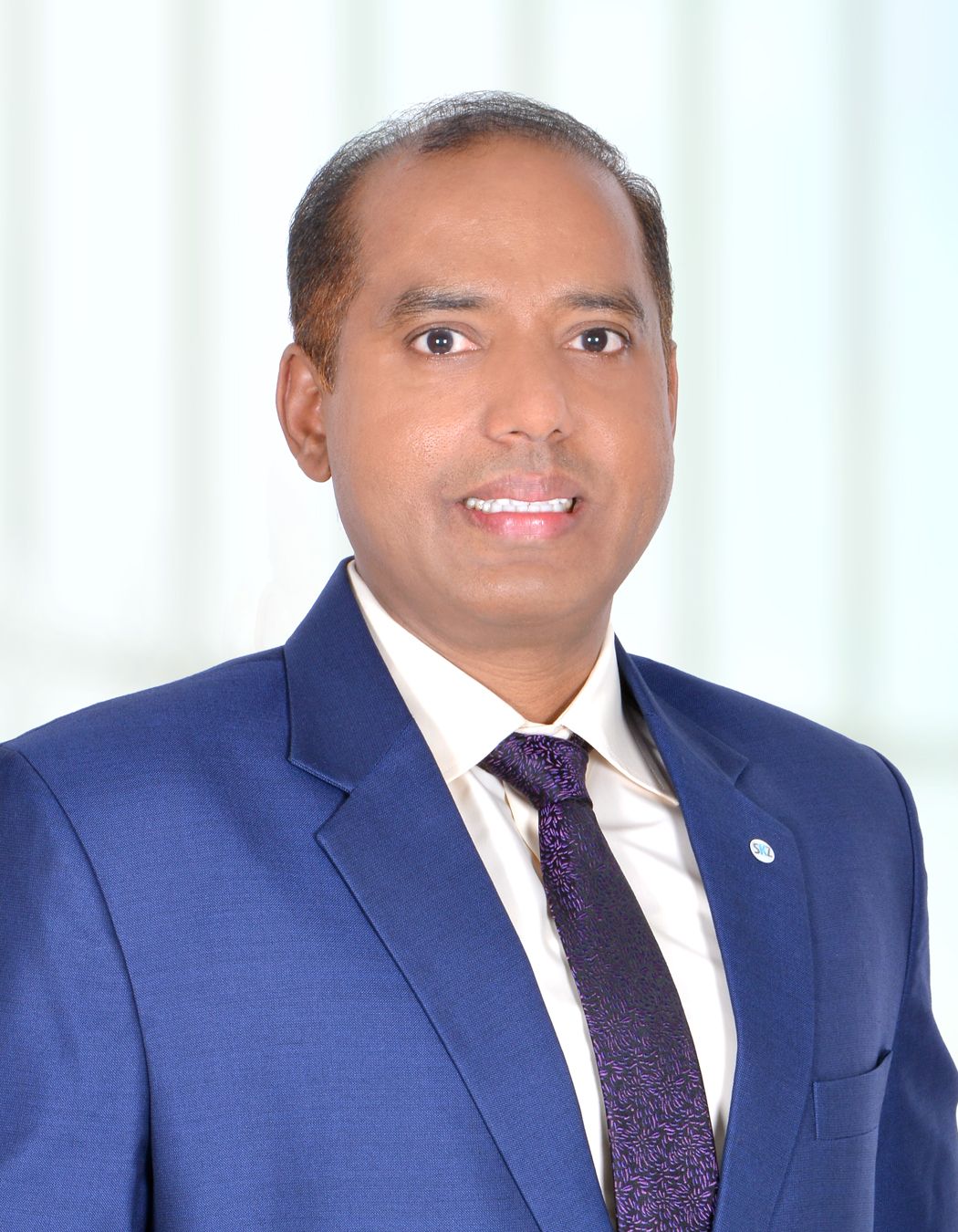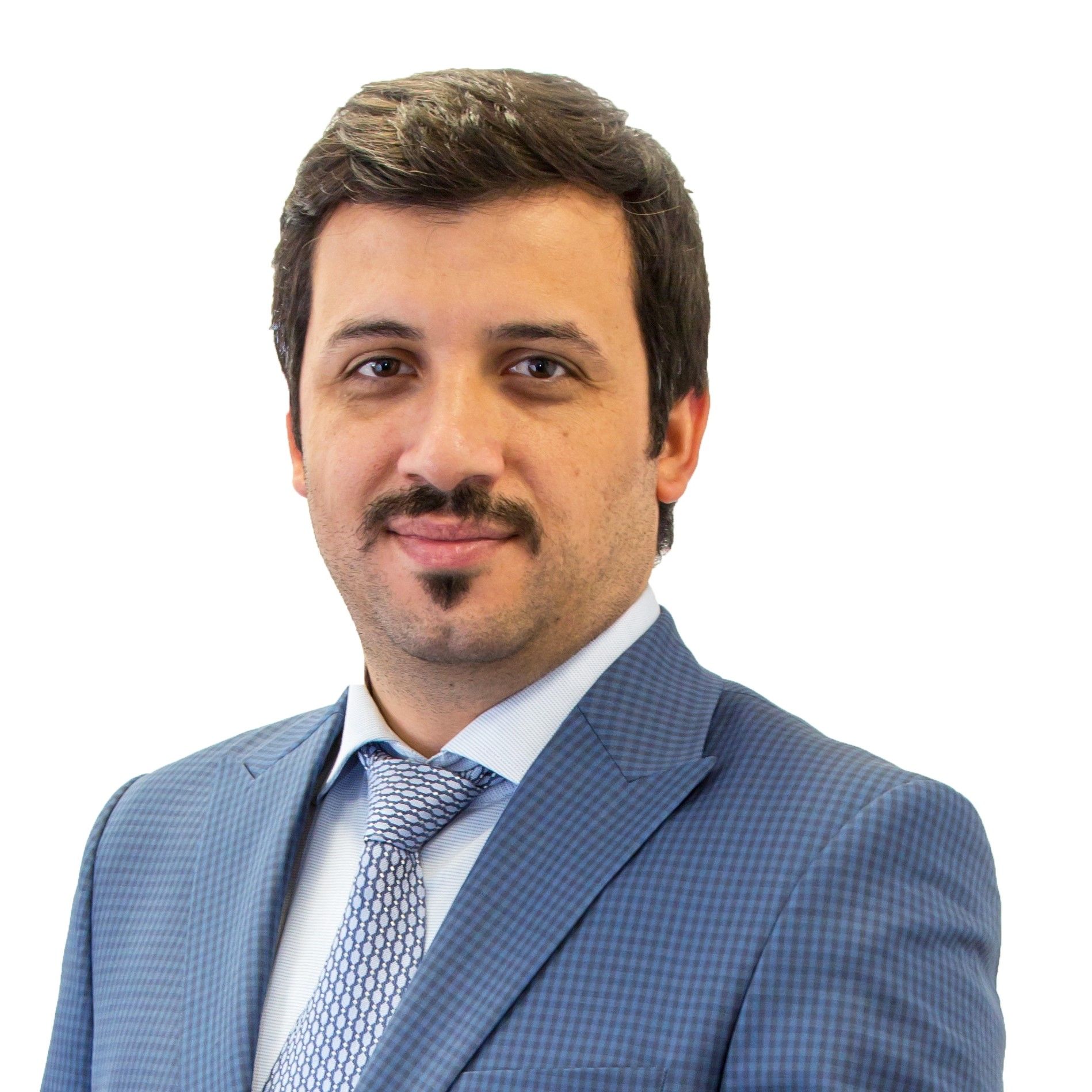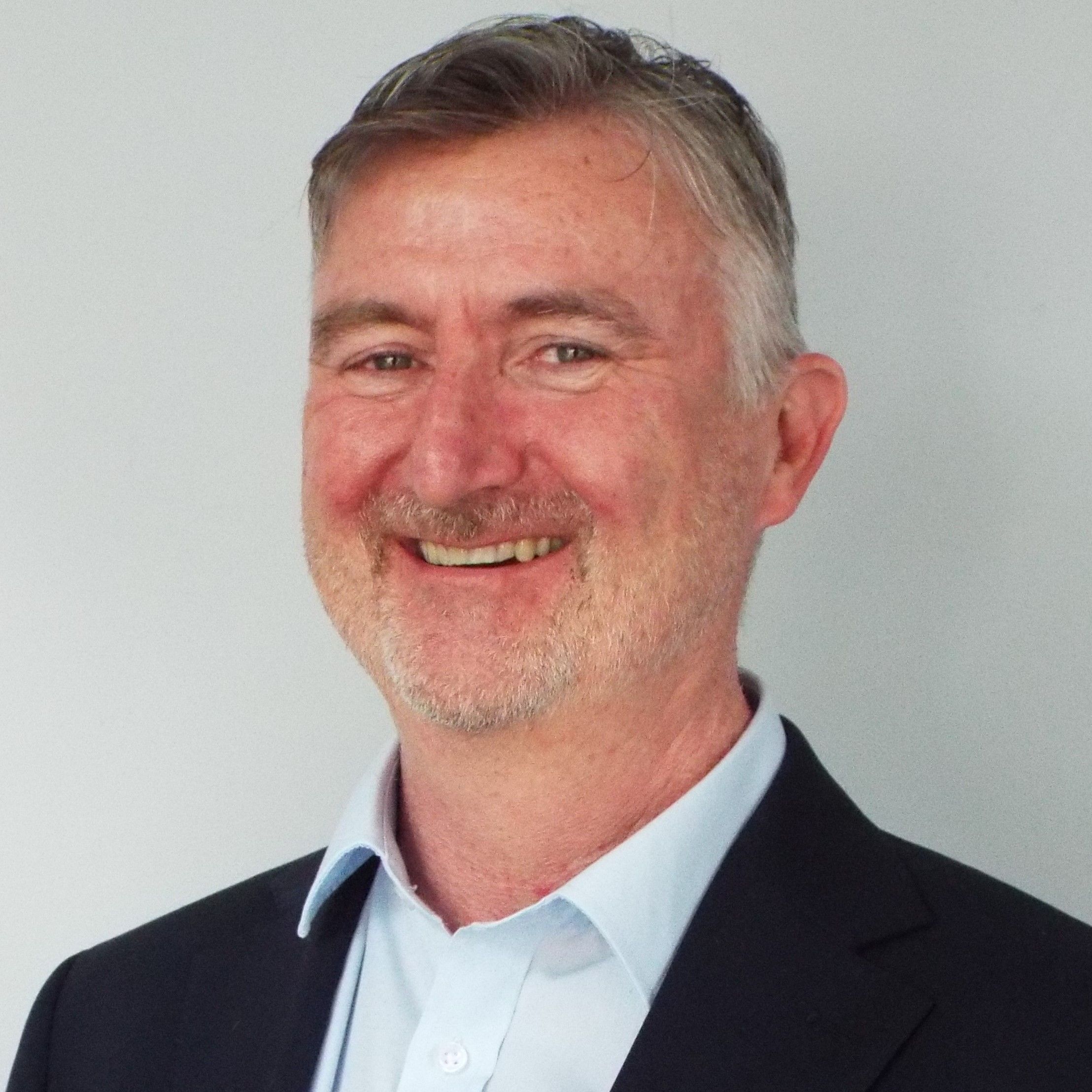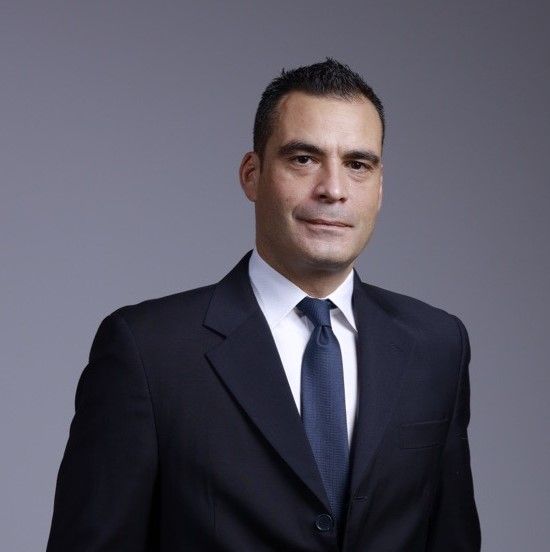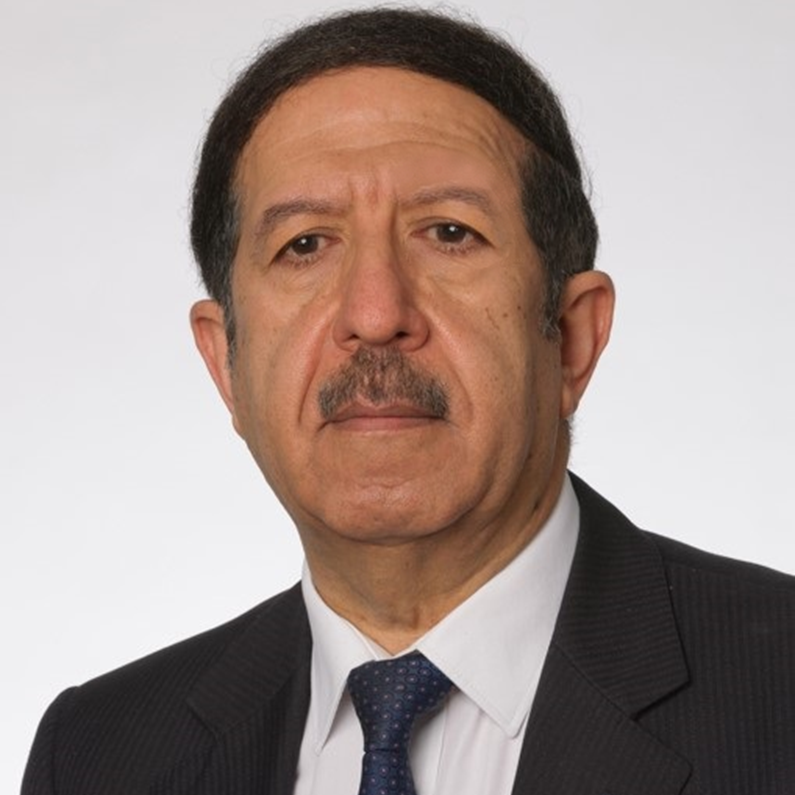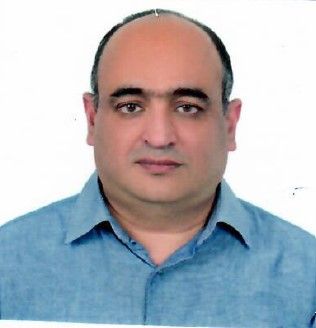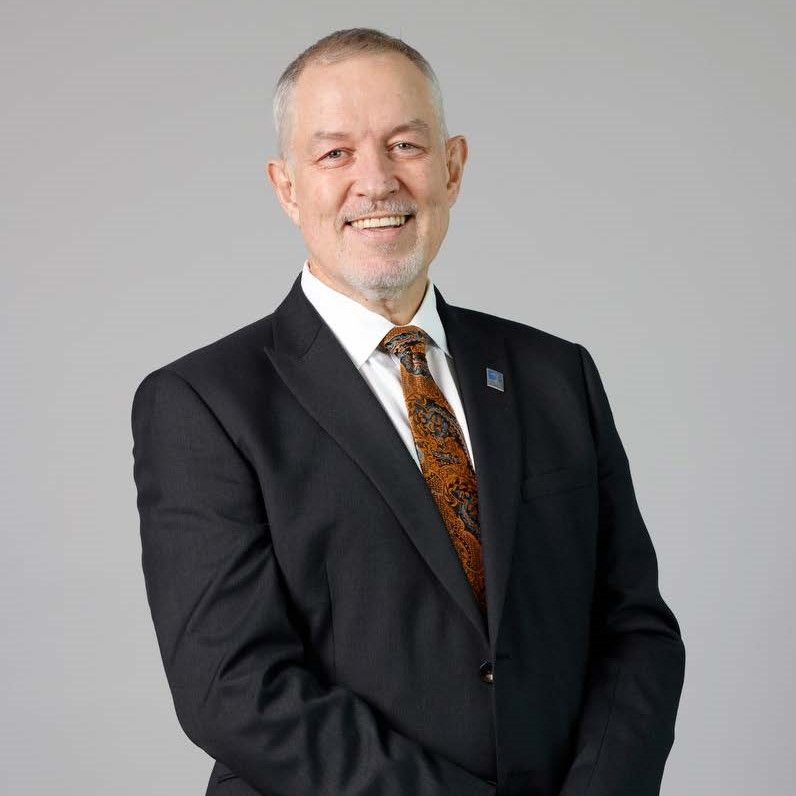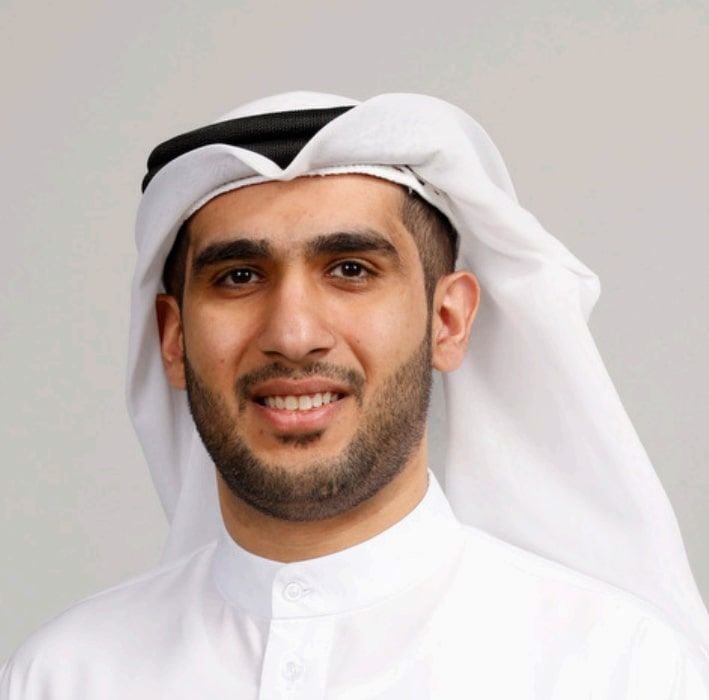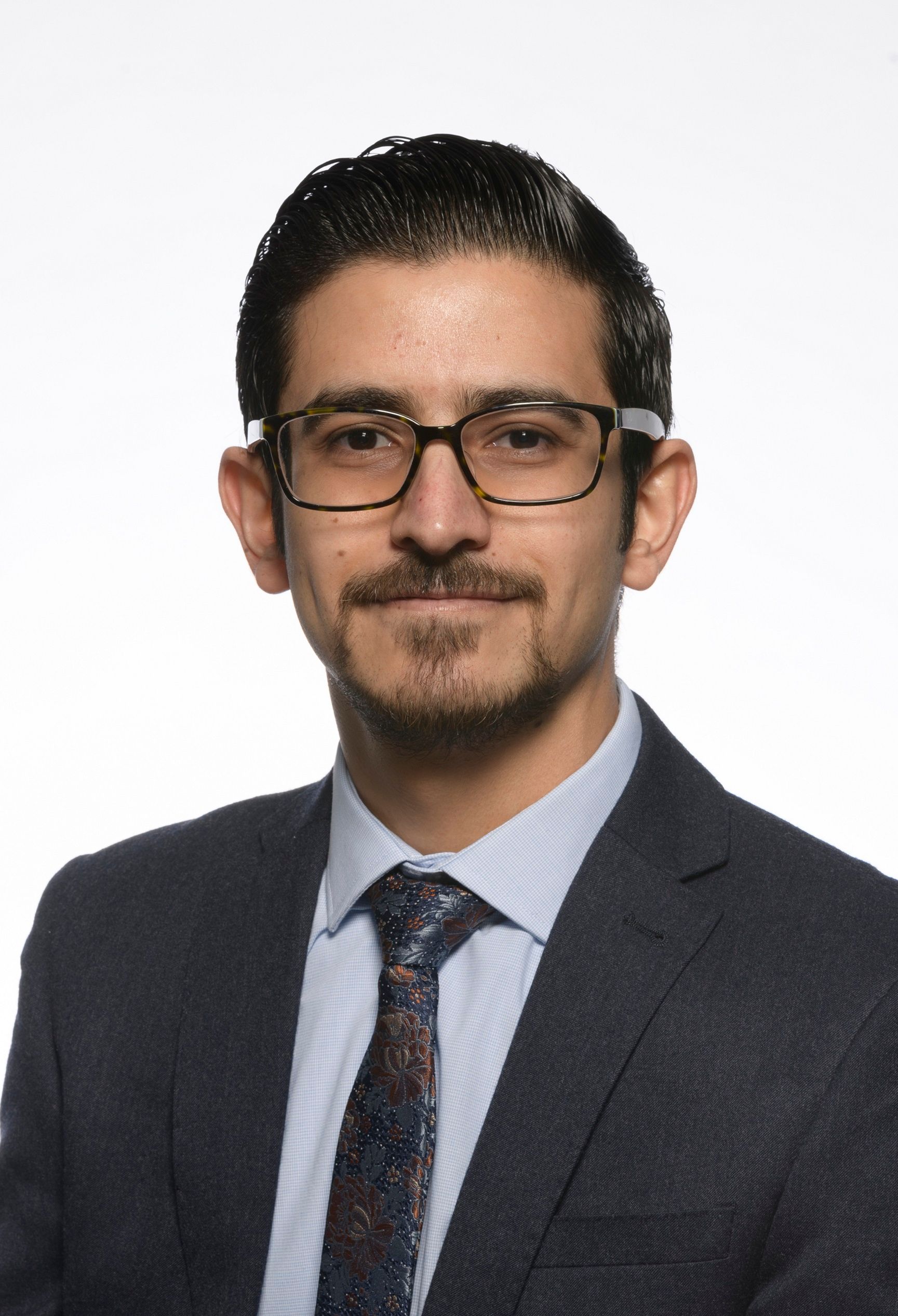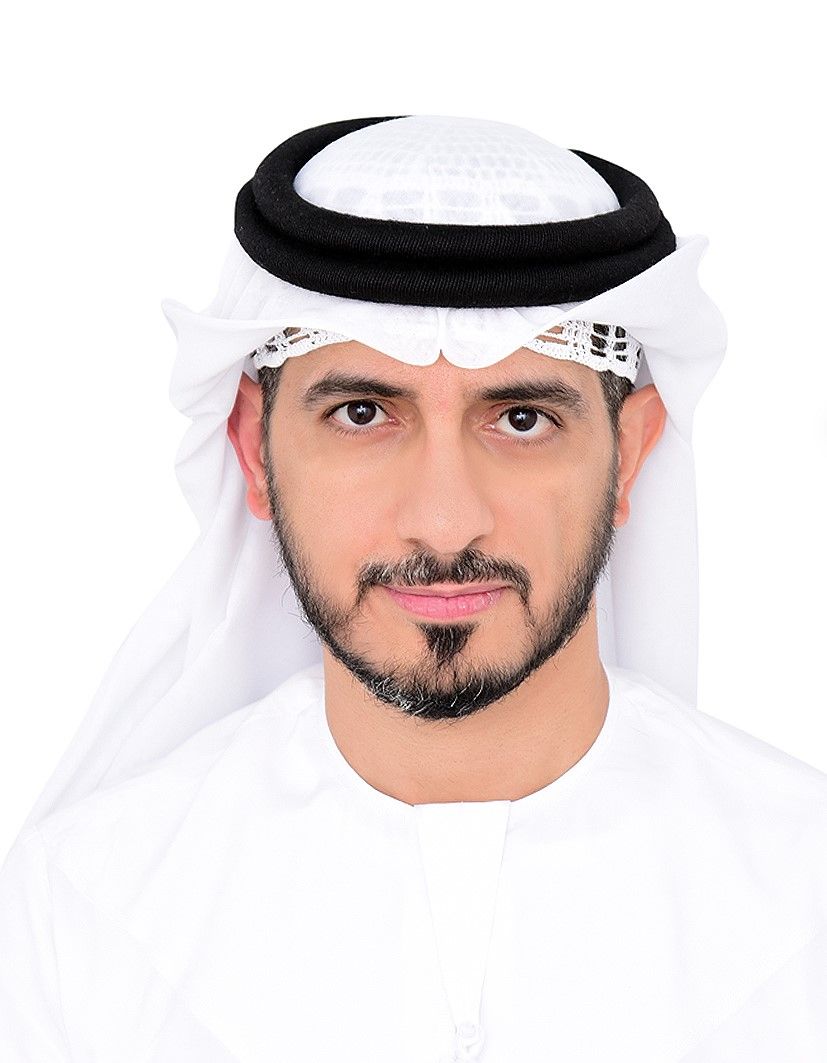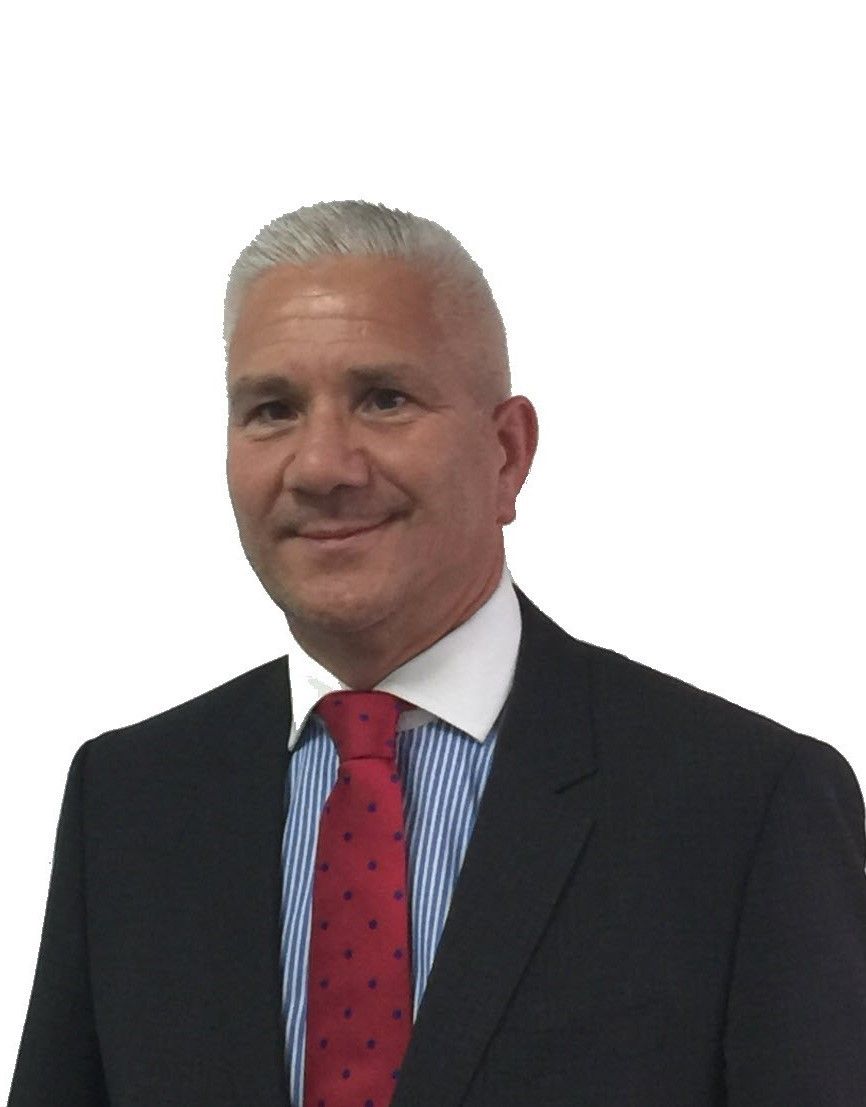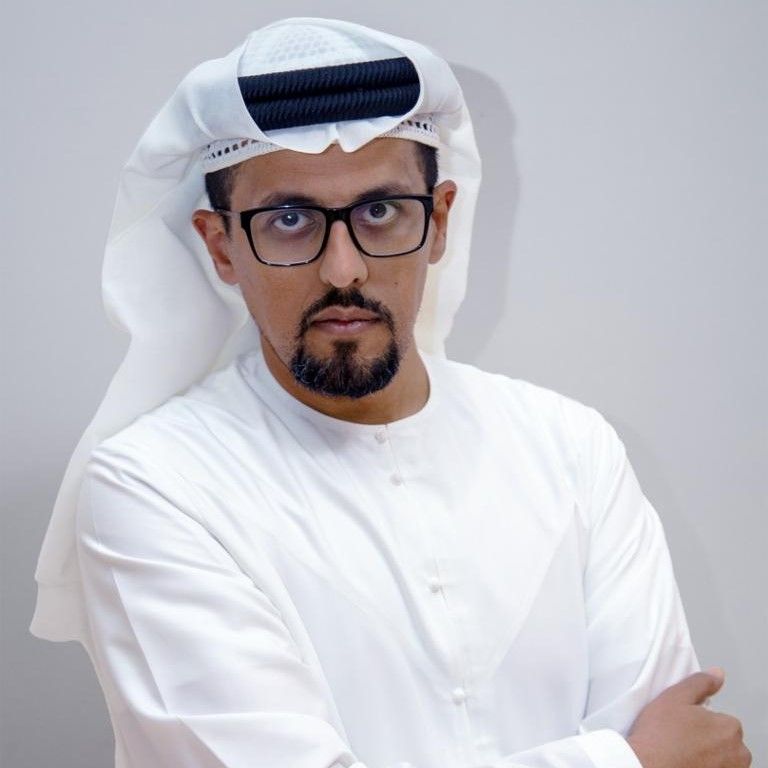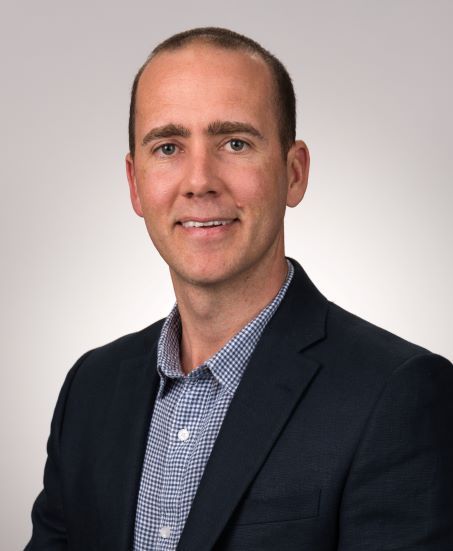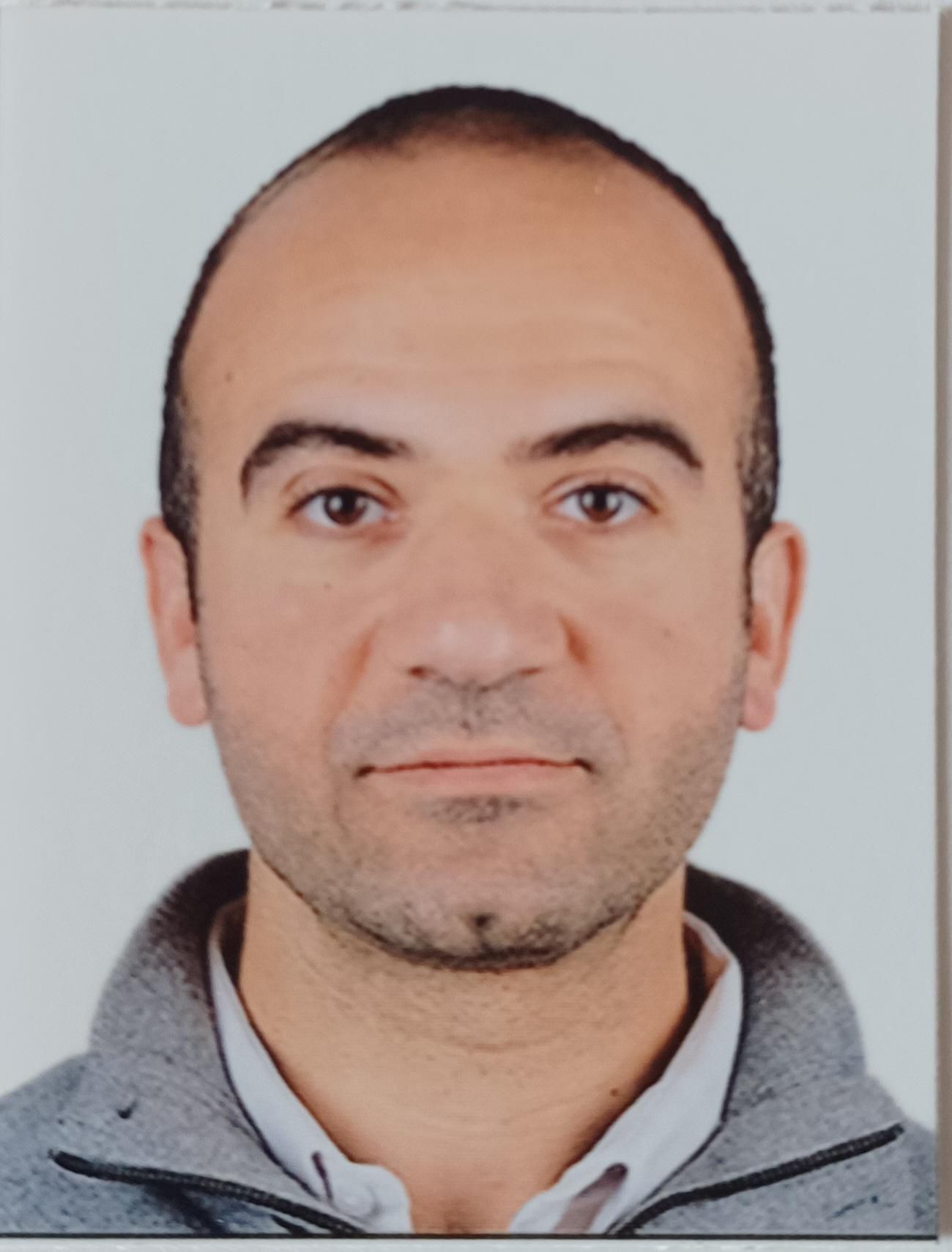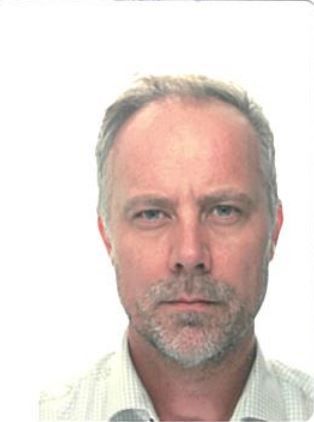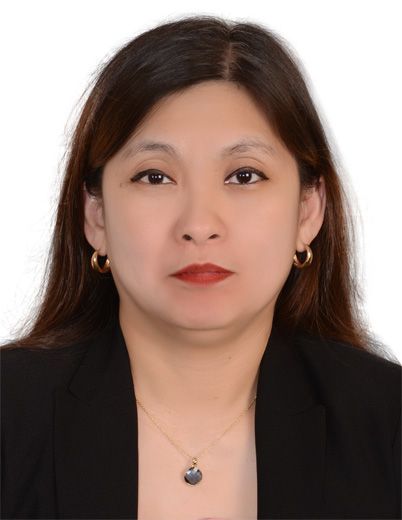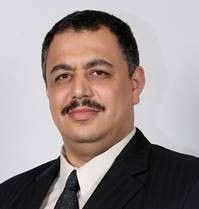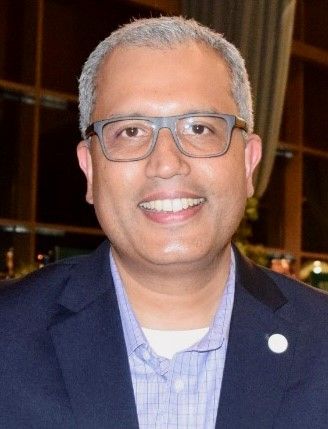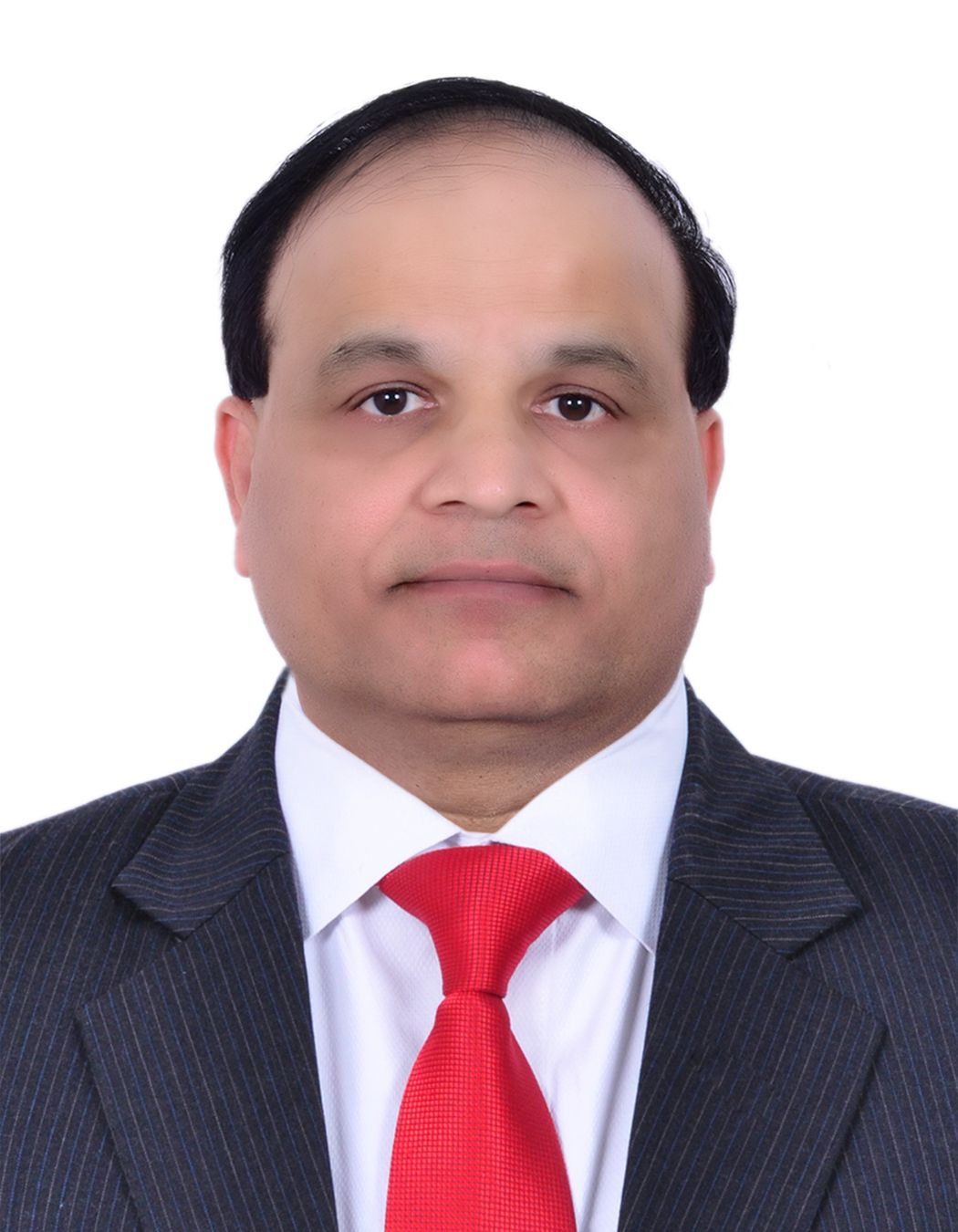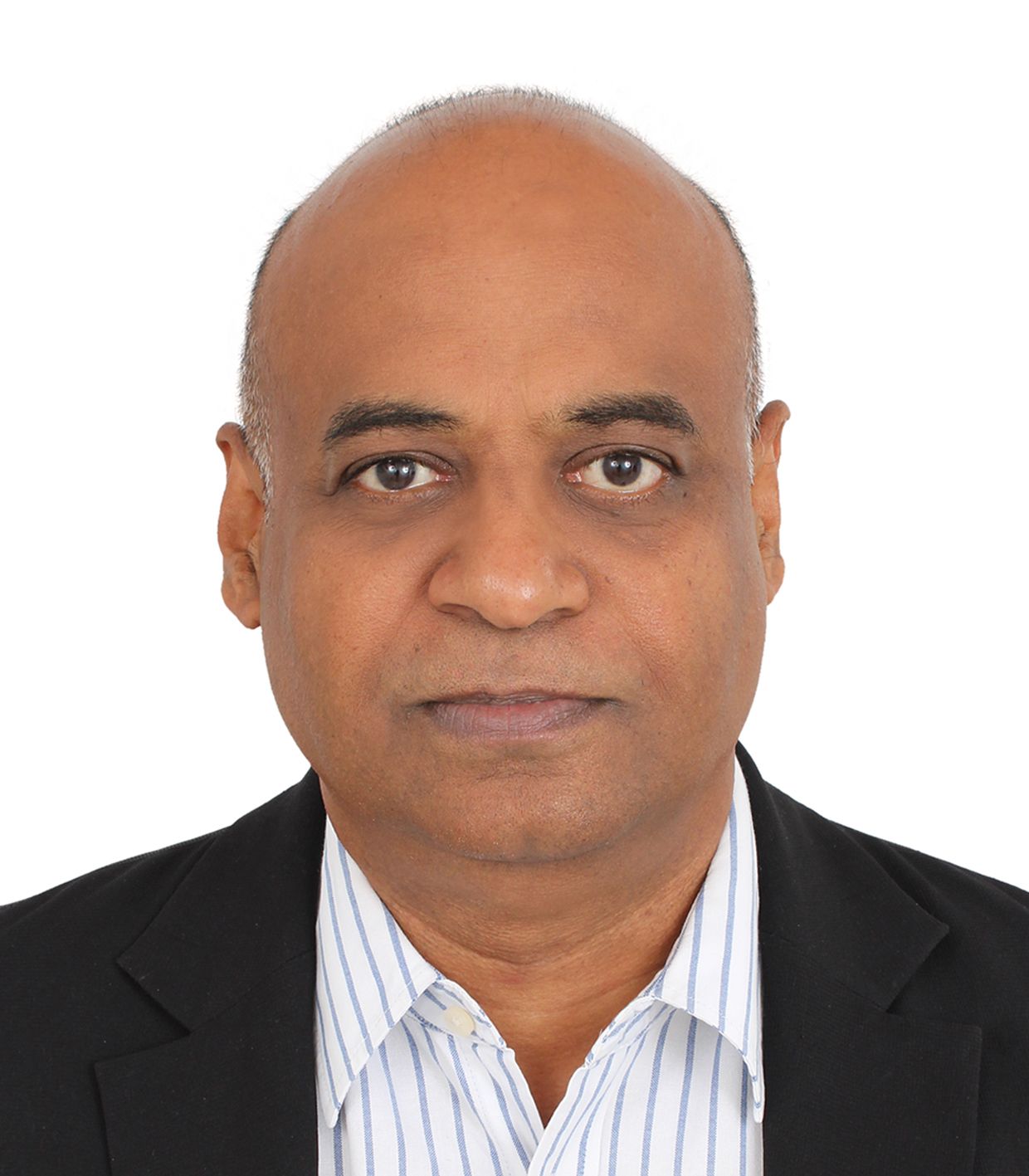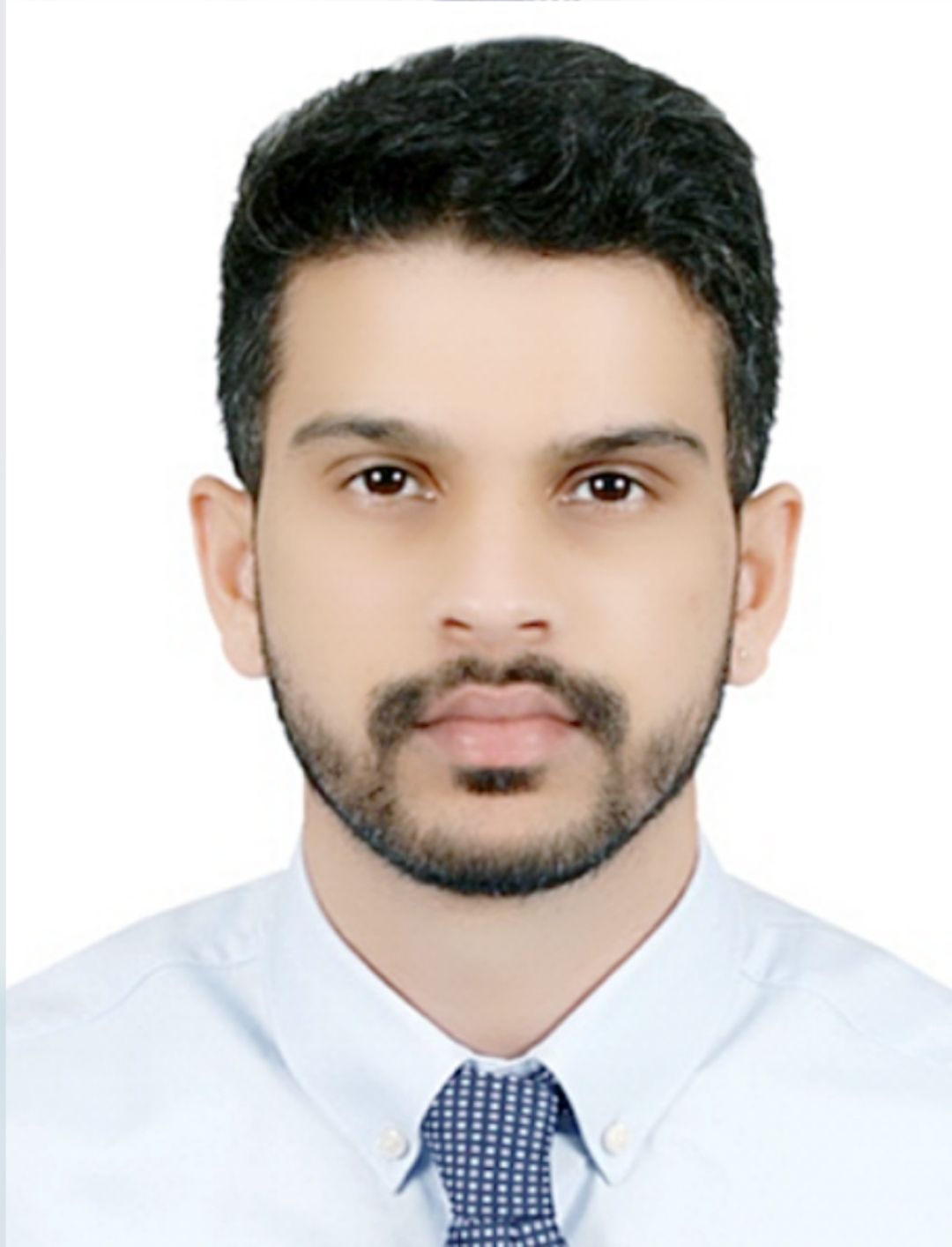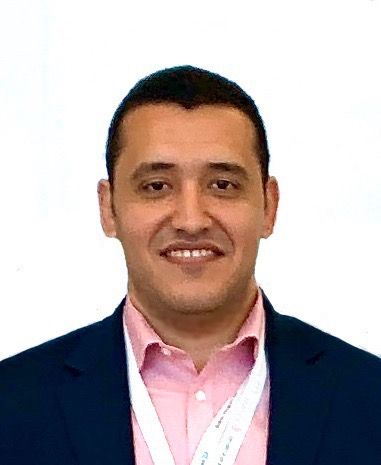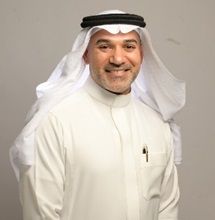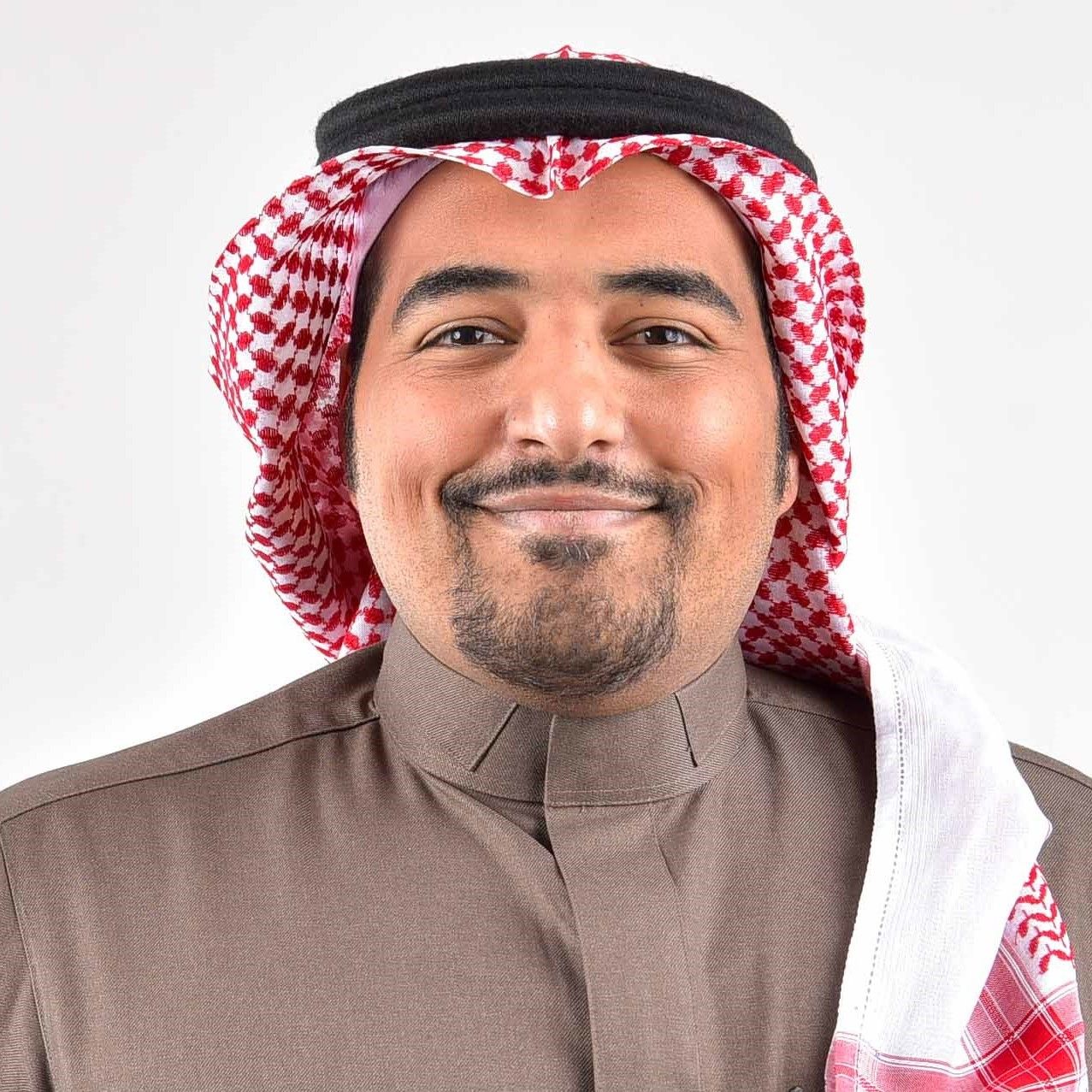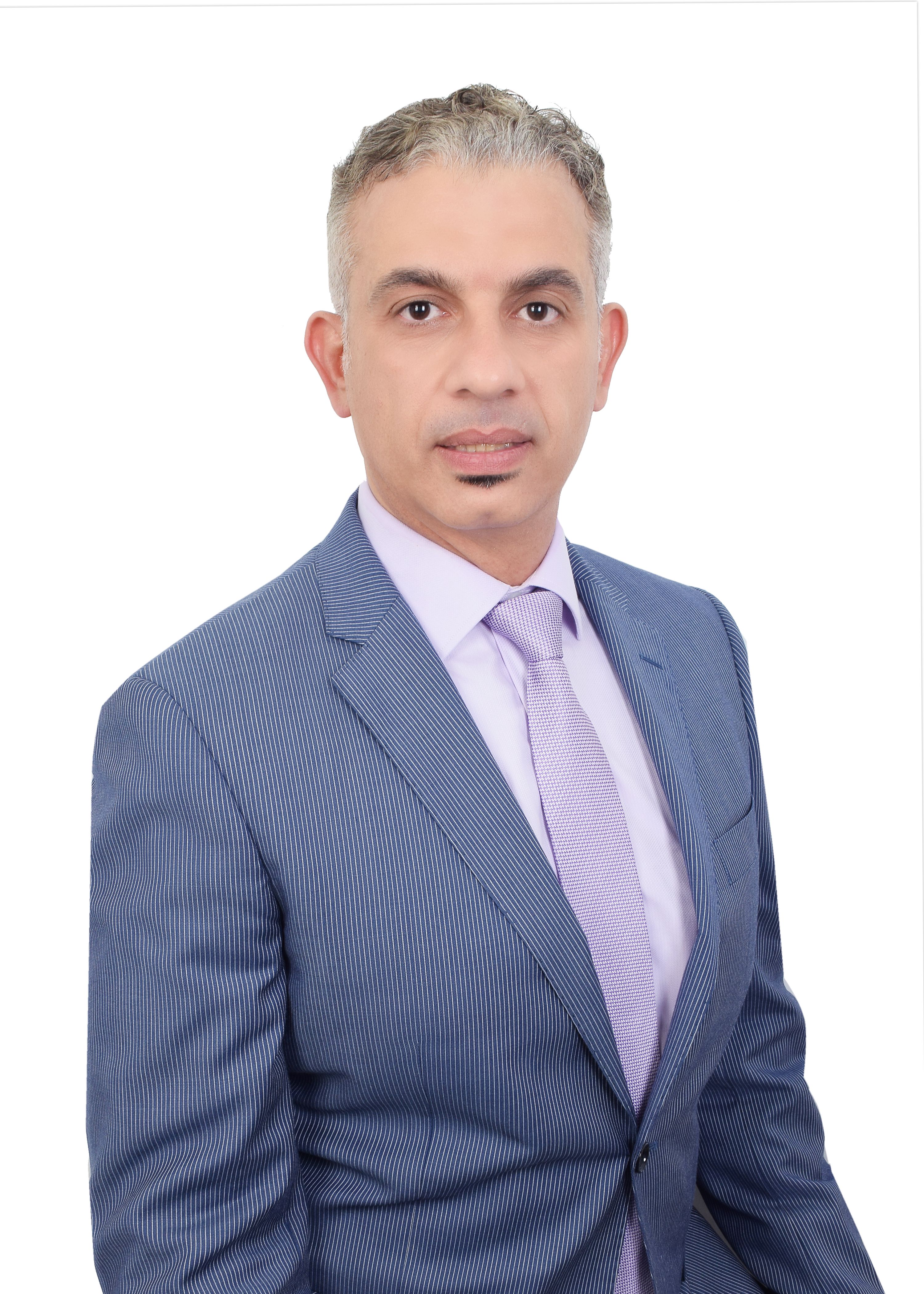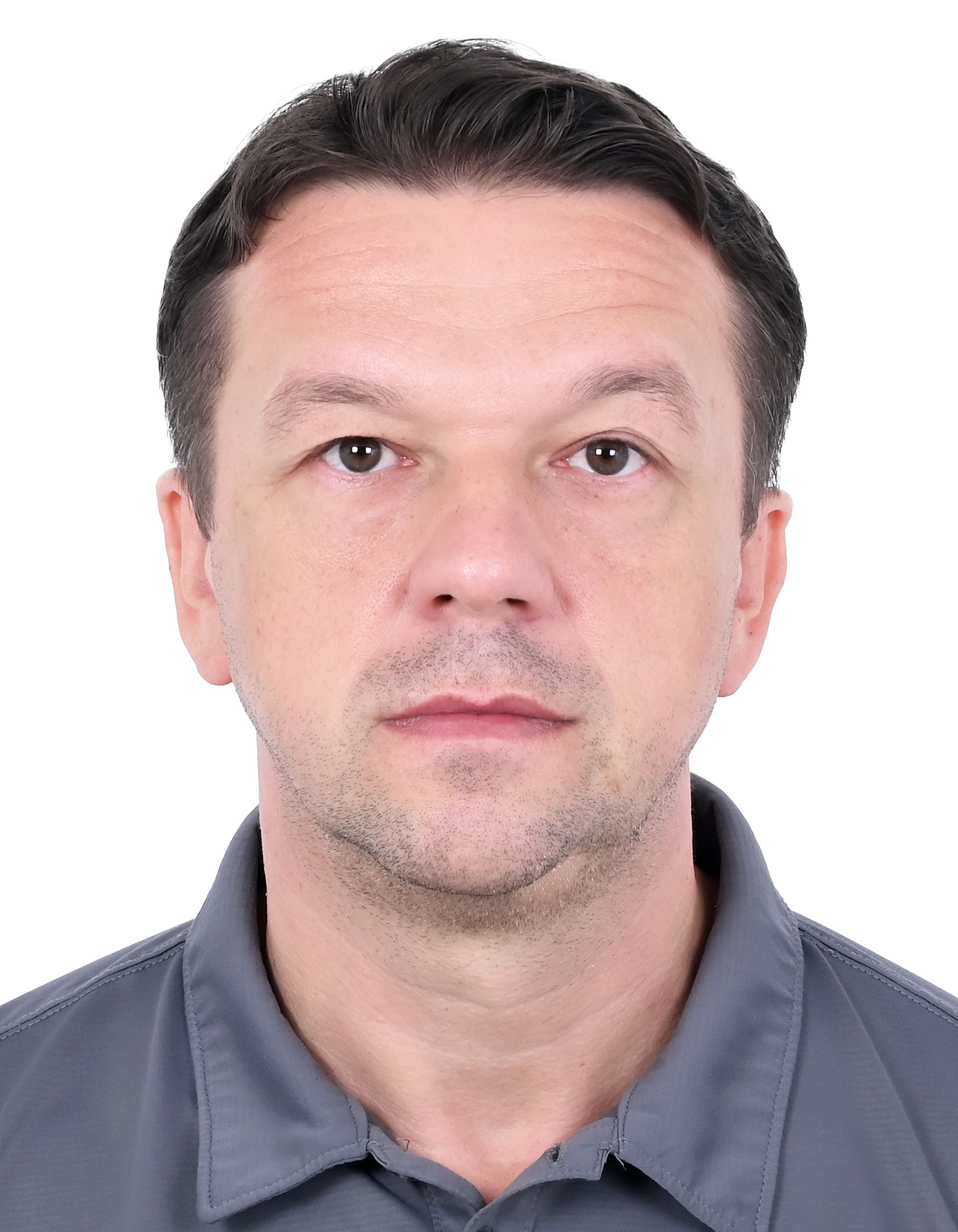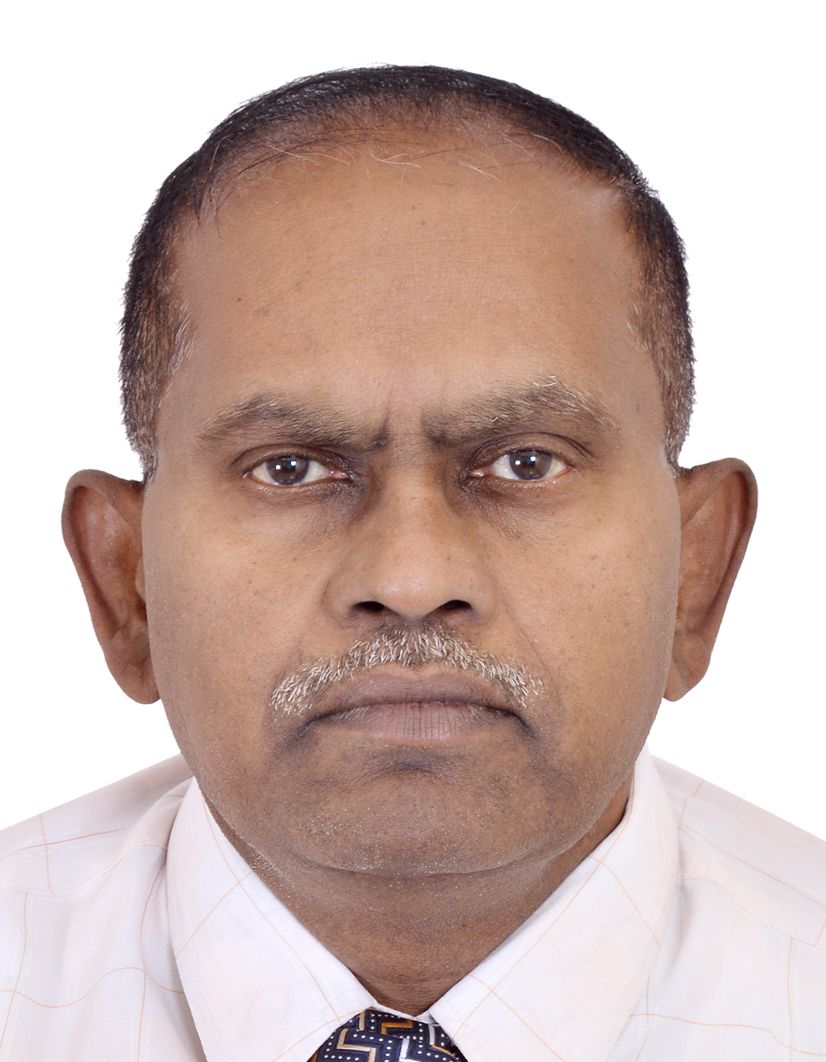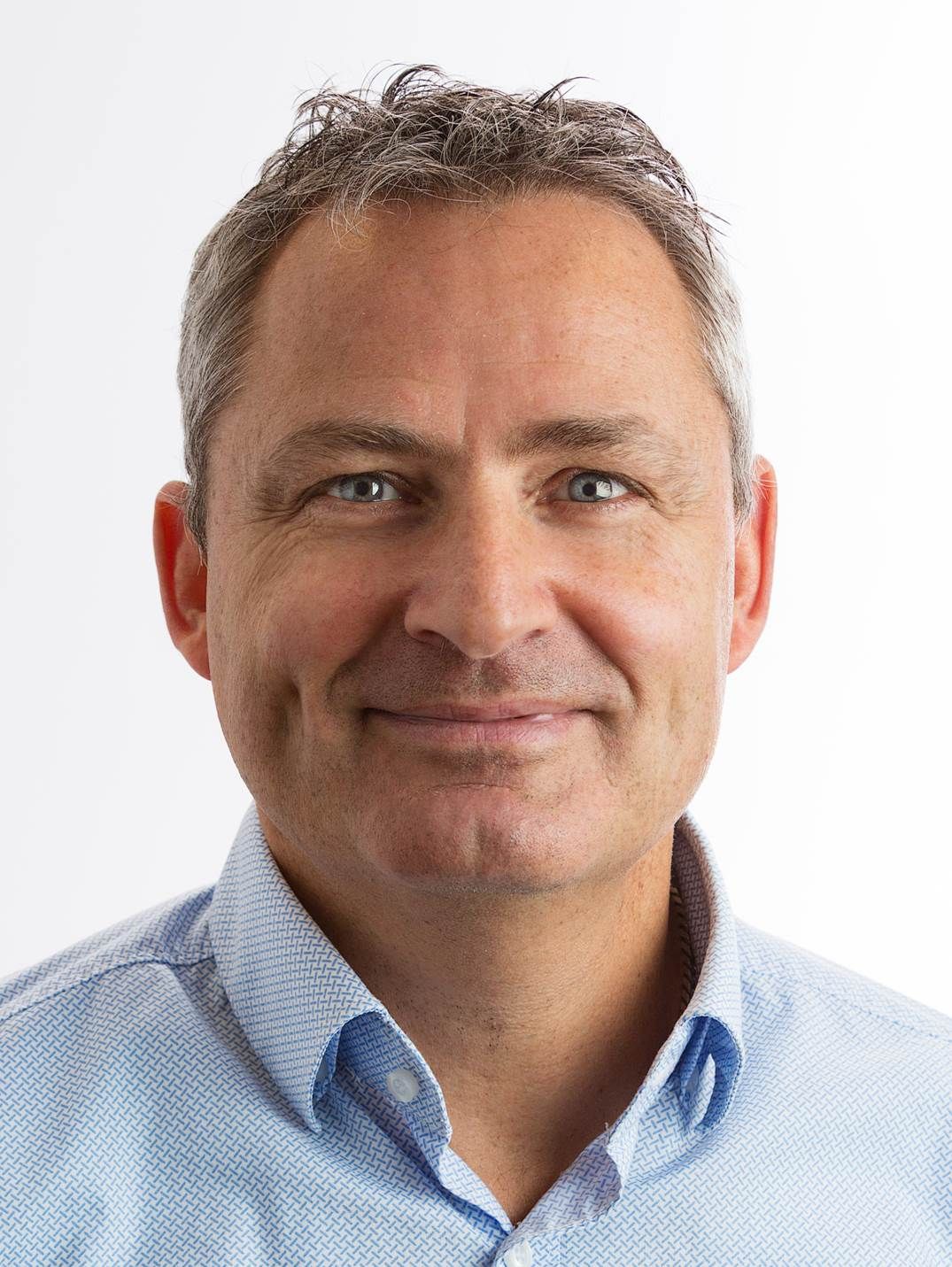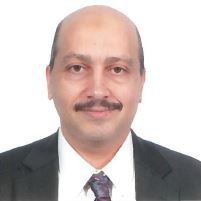Symposium Agenda
-
SPE Studio - Al Gurm Ballroom60 mins
- Special Sessions
-
SPE Studio - Al Gurm Ballroom30 mins
- Special Sessions
-
Al Gurm Ballroom30 mins
- General Activities
-
Discovery Pod 1 - Al Gurm Ballroom60 mins
- Technical Sessions
The transition to sustainable energy systems is crucial for addressing the global challenge of climate change, with non-metallics playing an increasing role in the development of low-carbon technologies. Non-metallics, such as polymers, ceramics, and composites, offer versatile alternatives to metals in various energy applications due to their lightweight, corrosion-resistant, and insulating properties. These materials are being utilized across the renewable energy spectrum, from wind turbines and solar panels to energy storage systems and hydrogen production.
This session highlights the significance of non-metallic materials as enablers of energy transition ecosystems. Their unique properties and growing integration into low carbon energy systems present an opportunity to accelerate the global shift towards sustainable energy while addressing material property issues and also addressing the environmental impacts. The ongoing research and development of non-metallic materials will continue to shape the future of energy systems, offering innovative solutions to the challenges of the energy transition.
Presentation topics:
- 1030 - 1050 | Recep Yaldiz: UD TAPEs FOR REINFORCED THERMOPLASTIC PIPES - CHALLENGES & APPROACHES
- 1050 - 1110 | Hiroaki Ono: Effect of Pressure Cycling Condition on Blistering in EPDM Rubber Material Evaluated with in-situ 2D Nbservation Method
- 1110 - 1130 | Jon Huse: Qualification Requirements for Non-metallic Materials in CO2 Pipelines
Chairperson -
Discovery Pod 2 - Al Gurm Ballroom60 mins
- Technical Sessions
Non-metallic materials play a crucial role in various industrial ecosystems. The manufacturing of non-metallic products encompasses essential aspects throughout manufacturing process, influencing product quality, operational efficiency, and market requirements.
The industrial ecosystem for the non-metallic industry is multifaceted as well, with various interconnected elements that influence its development, production, evolution, growth and market dynamics. Engaging and addressing these discussions can lead to advancements in technology, improved practices, enhanced product offerings, and enable greater market acceptance of non-metallic solutions across several industries.
The focus of this session is to create awareness related to non-metallics manufacturing, quality assurance and effective supply chain management that are critical for mitigating risks and ensuring high quality products. By implementing robust manufacturing practices, quality control processes, strategic sourcing, optimizing handling procedures, and enhancing logistical planning, manufacturers and transporters can significantly reduce the likelihood of issues, reliability and performance of non-metallic products while navigating the core challenges of the industry.
We are eager to hear the valuable experiences and expert advices of our partners, manufacturers, suppliers to boost the market growth and deployment of non-metallic materials in the spectrum of applications. The topics could cover the following
Presentation Topics:
- 1030-1050 | Martina Panitzek: Digital Transformation in Filament Winding: Ensuring High-Quality Downhole Components
- 1050-1110 | Abdul Rahim Arafath: Plastic Pallets: A Sustainable alternative to wooden pallet for Petrochemical Industry
- 1110-1130 | Khlefa A. Esaklul: Operator's perspective on the Use of Non-metallics in Oil and gas productions: Quality, Procurements, Installations, Commissioning and Operating Challenges
Chairperson
-
Al Gurm Ballroom30 mins
- ePoster Sessions
ePoster Presentations
Station 1 Station 2 Station 3 11:30 - 11:45 hours: Mohammad Alsultan | Topic: Investigating RTR Elbow Leakage 11:30 - 11:45 hours: Huibert Kwint | Topic: Key considerations when selecting RTP reinforcement and why aramids perform so well 11:30 - 11:45 hours: Peter Hansen | Topic: Case study - the development and testing of a novel Thermoplastic Composite Pipe (TCP) for hydrogen distribution 11:45 - 12:00 hours: Lan de Gans-Li | Topic: Understanding non-metallic materials’ unique behaviour - Excellent material choices for the High temperature high pressure non-metallic Oil&Gas applications
-
Discovery Pod 1 - Al Gurm Ballroom60 mins
- Technical Sessions
This session aims to provide in-depth discussions about short term and long-term properties of polymers and their composites used in non-metallic applications, such as and not limited to thermoplastics such as HDPE, PA, PPS, PVDF and PEEK, and thermoset materials, plus resin combinations with composite materials. It will involve chemical, physical and mechanical properties, how they change over time once exposed to chemical/hydrocarbon mixtures containing medium, permeation of H2, HS2, CH4, H2O and others through them, long term hydrostatic pressure rating, creep phenomena, advances in production processes and its effect on properties that are relevant to non-metallic applications. It will also discuss advanced test methods used to measure critical engineering properties as well as reliability of these test methods, which are critical to enabling confidence in the substitution on non-metallics vs steel, or in fact to enhancement of steel applications through the unique corrosion and permeation resistance of polymers. Furthermore, it will include how modelling and simulation tools can help non-metallic pipeline designers to simulate polymer and final non-metallic product behaviour in real case scenarios.
Presentation Topics:
- 1200-1220 hours: Sunwoong Choi | Hydro-axial Tension Method for Whole Pipe Tensile Test
- 1220-1240 hours: Ioannis Inepekoglou | Understanding of PE-RT Type II Material Properties for RTP/TCP Pipes
- 1240-1300 hours: Mike O'Brien | PVDF, as an optimal pipeline solution to meet the challenges of harsh conditions in the energy industry
Chairperson -
Discovery Pod 2 - Al Gurm Ballroom60 mins
- Technical Sessions
Presentation Topics:
- 1200-1220 hours: John R. Wright | Case Study installing an Actively Monitored Double Walled RTP system for the Transport of High Temperature Gas with Extreme Levels of H2S
- 1220-1240 hours: Houbu Li | Application and Prospect of Non-metallic Composite Pipes in Onshore
- 1240-1300 hours: Murali Adhyatma Bhattar | Corrosion Protection with Thermoplastic Lining - Reservoir to Processing Facility A System Solution
Chairperson
-
Al Gurm Ballroom60 mins
- General Activities
-
SPE Studio - Al Gurm Ballroom60 mins
- Special Sessions
In an era of increasing environmental challenges and energy demands, the resilience of energy infrastructures is paramount. This panel will explore innovative approaches in nonmetallic materials that enhance the durability and adaptability of energy systems. Experts will discuss case studies, technological advancements, and strategic frameworks essential for building robust energy infrastructures capable of withstanding future uncertainties.
ChairpersonSpeakers
-
SPE Studio - Al Gurm Ballroom60 mins
- General Activities
Presentations by Exhibiting Companies:
- ADNOC: Hamad Raheem, Research Scientist, ADNOC Research and Innovation Center (ADRIC) and Saqer Al Messabi, Senior Specialist
- WWT: Rawad Atallah, Regional Engineer
- USTS: Jonathan Hickey, General Manager
- SoluForce: Robert-Jan Berg, Managing Director
-Maxwell Oil Tools: Niklas Romanowski, Senior Drilling Engineer
-Maxtube: Amr Alkhouly, Sales Manager
-CSUB Middle East: Mathias Berg, General Manager
-Extender AS: Geirmund Saetre, Technology Manager
- Ridgway Machines Limited: Jack Witherington, Senior Design Engineer
-Master Tech Company FZC: Edilita Gamella, QC/Technical Manager
- United Synergy: Lan Na, Overseas Business Manager (ME)
-Syensqo: Mike O'Brien, Business Manager
Speakers
-
Al Gurm Ballroom60 mins
- General Activities
-
SPE Studio - Al Gurm Ballroom30 mins
- Special Sessions
-
SPE Studio - Al Gurm Ballroom60 mins
- Special Sessions
-
SPE Studio - Al Gurm Ballroom60 mins
- Special Sessions
This interactive session aims to address the evolving landscape of the energy sector by focusing on localizing industry capabilities. It will explore future needs, innovative applications, and emerging opportunities within the energy industry, emphasizing the importance of in-country value creation. Participants will engage with industry leaders and experts to discuss strategies for fostering local talent, leveraging technological advancements, and building sustainable, resilient energy infrastructures.
-
30 mins
- ePoster Sessions
ePoster Presentation
Station 1 Station 2 Station 3 11:00-11:15 hours | Hamad Raheem | Topic: Tracking Material Properties of CO2-Aged Polyethylene from Calorimetry, Mechanical Testing and Acoustic Methods 11:00-11:15 hours | Girish Gupta | Topic: Durability and Long-term Integrity of Rubber-based Passive Fire Protection |Systems 11:00-11:15 hours | Aymen Amer 11:15-11:30 hours | Issam Ismail | Topic: New Abu Dhabi Center for Materials Technology 11:15-11:30 hours | Sadik Omairey | Topic: Advancing Non-Metallic Technologies: The Need for Training and Certification and Enhanced Inspection and Integrity Monitoring 11:15 - 11:30 hours: Khaisar Syed | Topic: New Generation High Pressure Testing Technology for Non-metallic materials Speakers
-
Discovery Pod 1 - Al Gurm Ballroom60 mins
- Technical Sessions
As the oil and gas industry continues to push boundaries of efficiency and sustainability, innovative materials and technologies have emerged to transform traditional practices. One such area gaining attention is the application of non-metallic composite tubulars in downhole well drilling and workover operations. This session invites experts from academia, research institutions, and industry leaders to present their latest findings, experiences, and insights into the development, testing, and deployment of these game-changing solutions.
Non-metallic composites offer significant advantages over conventional steel pipes, including reduced weight, increased corrosion resistance, improved durability, and enhanced thermal insulation properties. These benefits can lead to substantial cost savings, extended equipment lifespan, and minimized environmental impact. However, challenges remain in scaling up production, ensuring compatibility with existing infrastructure, and addressing regulatory hurdles.
This session aims to address these gaps through presentations that highlight recent advances, field trials, case studies, and lessons learned in applying non-metallic composite tubulars across various aspects of downhole operations, including but not limited to:
- Materials science and engineering innovations
- Manufacturing processes and scalability
- Performance evaluation under extreme conditions (e.g., high pressure, temperature)
- Corrosion behavior and degradation mechanisms
- Compatibility assessments with cementing systems, packers, and other completion components
- Field trial results and real-world implementations
- Regulatory frameworks and standards updates
Attendees will gain valuable knowledge on the current state-of-the-art, future directions, and collaborative opportunities driving this transformative technology forward.
Presentation Topics:
- 1130-1150 hours: Ashwani Lata and Kailas Rajendran | Unlocking Efficiency Gains— Exploring Non-Metallic Composite Tubular Solutions for Downhole Well Drilling and Workover Operations
- 1150-1210 hours: Ahmed AlAdawy | Downhole Spoolable Thermoplastic Composite Pipes: Achieving Multidimensional Benefits Through Development Challenges
- 1210-1230 hours: Ahmed Hafiz | A growth platform born out of a new venture between global market leaders
Chairperson -
Discovery Pod 2 - Al Gurm Ballroom60 mins
- Technical Sessions
This session will explore the critical aspects of integrity management, inspection, and testing for non-metallic systems. As industries increasingly adopt non-metallic solutions for their efficiency, sustainability, and performance benefits, ensuring their long-term reliability and safety is paramount. The session will focus on a holistic approach to managing the lifecycle of non-metallic materials, emphasizing cutting-edge inspection techniques and testing methodologies. Additionally, it will cover fire engineering considerations, providing insights into designing and implementing fire-resistant strategies during the transition to non-metallic systems in industries such as oil and gas, construction, and transportation. Attendees will gain a deep understanding of how to maintain the structural integrity of these materials, the impact of environmental factors, and best practices for compliance and safety.
Presentation Topics:
- 1130-1150 hours: Matthias Ide | How to increase the lifetime of Steel Reinforced Thermoplastic Pipes by employing the correct corrosion protection.
- 1150-1210 hours: Ahmad Mehwi | Expanding The Use Of Non-metallic GRE Piping For Fire Proof applications
- 1210-1230 hours: Yousof Ghazzawi | Bridging the Gap: Advancing Fire Engineering in Fiber-Reinforced Polymer Composites for Safer Applications
Chairperson
-
60 mins
- General Activities
-
60 mins
- Special Sessions
Composite pipes, made from a combination of materials such as polymers and metals, offer a range of advantages over traditional pipe materials. However, they also face challenges in their adoption. Some current challenges and opportunities for their use include: Cost of Production, Compatibility Issues, Mechanical Properties, Regulatory Standards, Installation Techniques, Long-term Performance, Permeation, High temperature/High pressure applications, Inspection and asset integrity.
Use of novel approaches such as AI that can significantly enhance the inspection of composite materials in various industries, including aerospace, automotive, and manufacturing. AI could help with Defect Detection, Data Analysis, Automated Inspection, Quality Control, Enhanced Imaging Techniques, Integration with IoT as well as Training and Simulation.
-
Discovery Pod 1 - Al Gurm Ballroom60 mins
- Technical Sessions
Non-metallic materials including composites are widely used in various applications due to their lightweight, corrosion resistance, and insulating properties. They have found applications in many industries including Oil and Gas (transporting crude oil, natural gas, and refined products due to their resistance to corrosive substances and high-pressure environments), water and wastewater (potable water systems, sewage transport, and treatment facilities, as they can withstand harsh chemicals and do not corrode), chemical processing (transporting chemicals, acids, and solvents, as they resist chemical degradation), mining (slurry transport, where the composite's strength and resistance to wear are beneficial), HVAC Systems (heating, ventilation, and air conditioning systems for chilled water and hot water applications), marine (shipbuilding and offshore platforms, as they resist saltwater corrosion) and industrial applications (transport of fluids, gases, or slurries).
Installation of non-metallics piping system demands good understanding of international standards and adhering to manufacturers specifications when it comes to preparation, cutting and shaping, joining techniques, installation and finishing. Considerations such as jointing methods, support and anchoring, thermal expansion, bending radius, surface preparation, pressure testing and regulatory compliance, must be closely scrutinised and best practices adhered to.
Composite pipes are versatile and increasingly favoured in various sectors for their performance and longevity. Proper installation practices ensure their effectiveness and reliability in diverse applications.
Presentation Topics:
- 1430-1450 hours: Christoph Raszczyk and Niklas Romanowski | Using Non-Metallic Carbon Fibre Low Friction Centralizers in Onshore and Offshore wells - challenges, success stories, and case studies
- 1450-1510 hours: Siva Prasada Rao Grandhe and Peter Cloos | Non-Metallics Applications and Installation - Qualification of Non-metallic Pipes through Pilot Project
- 1510-1530 hours: Nawras Said Al Jabri | Comparative Analysis of Bonded and Unbonded LLRTP in Pipeline Systems
ChairpersonSpeakers -
Discovery Pod 2 - Al Gurm Ballroom60 mins
- Technical Sessions
This session will explore advancements in non-metallic products, focusing on their role in building resilient energy infrastructures. Topics will include how additive manufacturing enables customized, cost-effective components, while computational modeling and simulation optimize design and analysis of non-metallic components for enhanced performance. Machine learning applications in predictive maintenance and performance analysis will also be discussed, alongside the use of digital twins for real-time monitoring and lifecycle management. The session aims to demonstrate how these innovative methods and tools are transforming non-metallic technologies, enhancing safety, reliability, and sustainability in the energy sector.
Presentation Topics:
- 1430-1450 hours: Osama Ashour | Modelling and Simulation of End Fittings Swaging to Composite Flexible Downhole Tubulars
- 1450-1510 hours: Sadik Omairey | Building Trust in Composite Materials for Energy Infrastructure: A Reliability-Based Design Optimization (RBDO) Framework
- 1510-1530 hours: Mohamed Elkhodbia | Experimental and computational failure analysis of hydrogen embrittled steel cords in a reinforced thermoplastic composite pipe
Chairperson
-
Al Gurm Ballroom60 mins
- General Activities
-
30 mins
- Special Sessions
